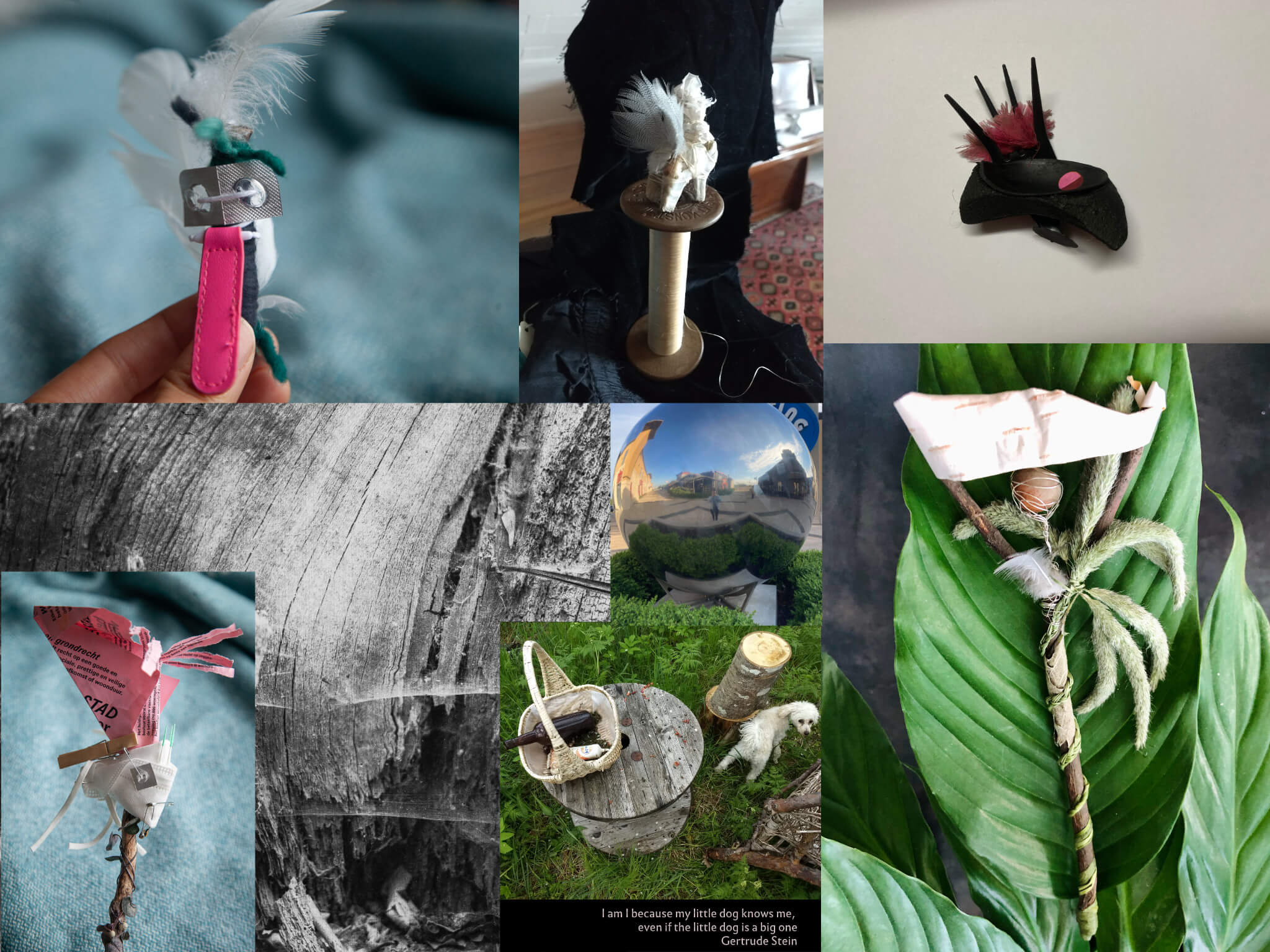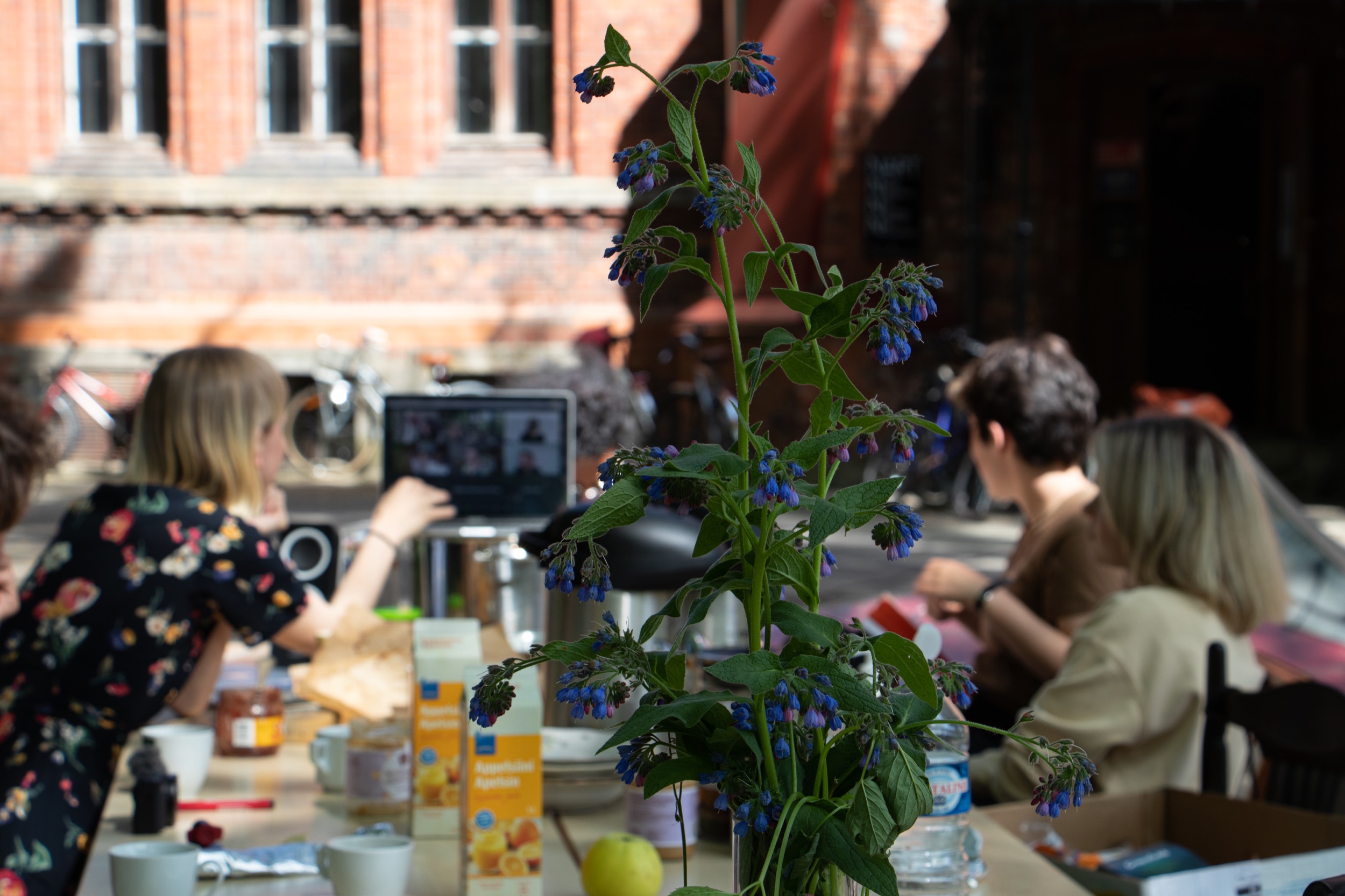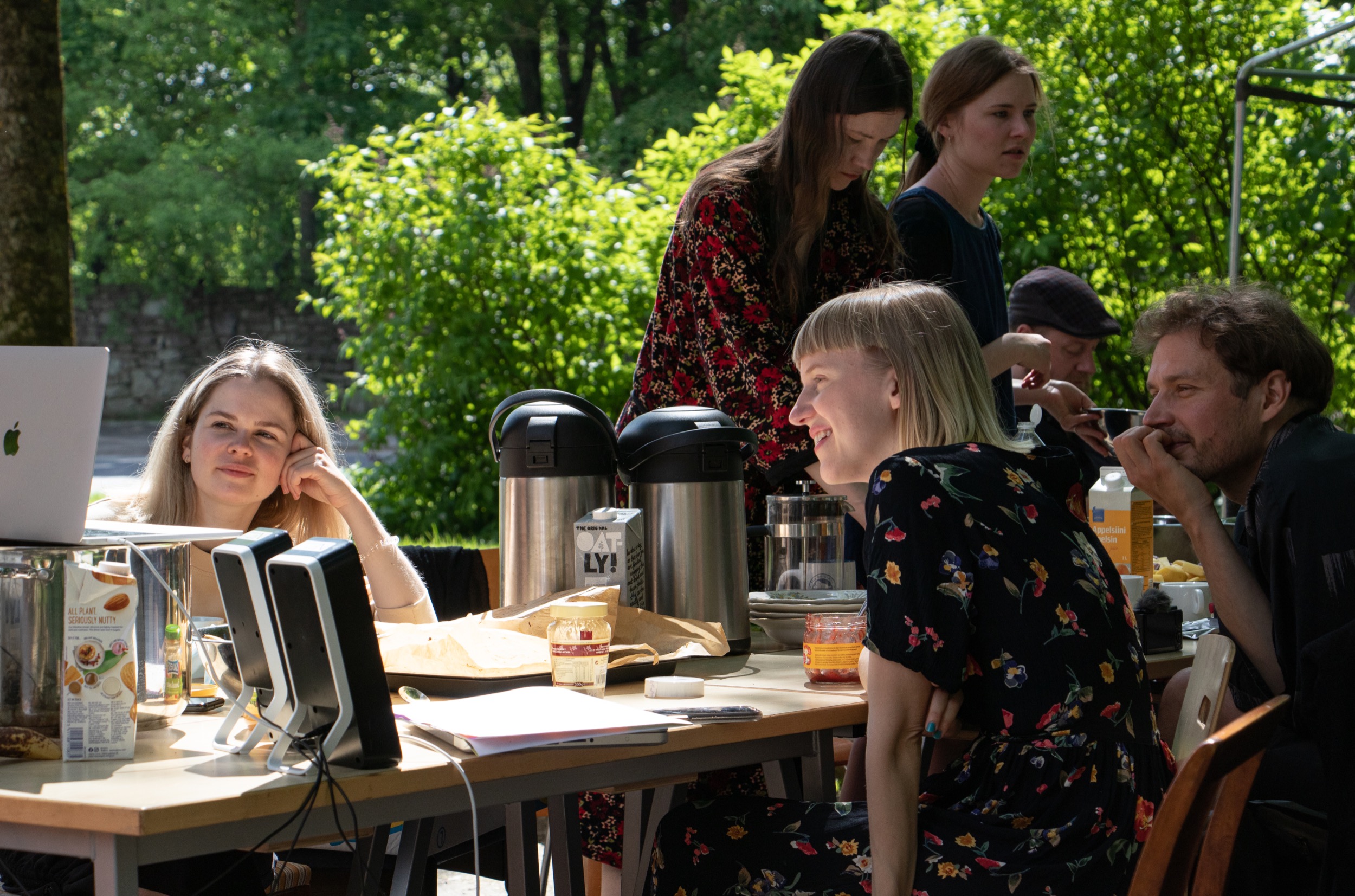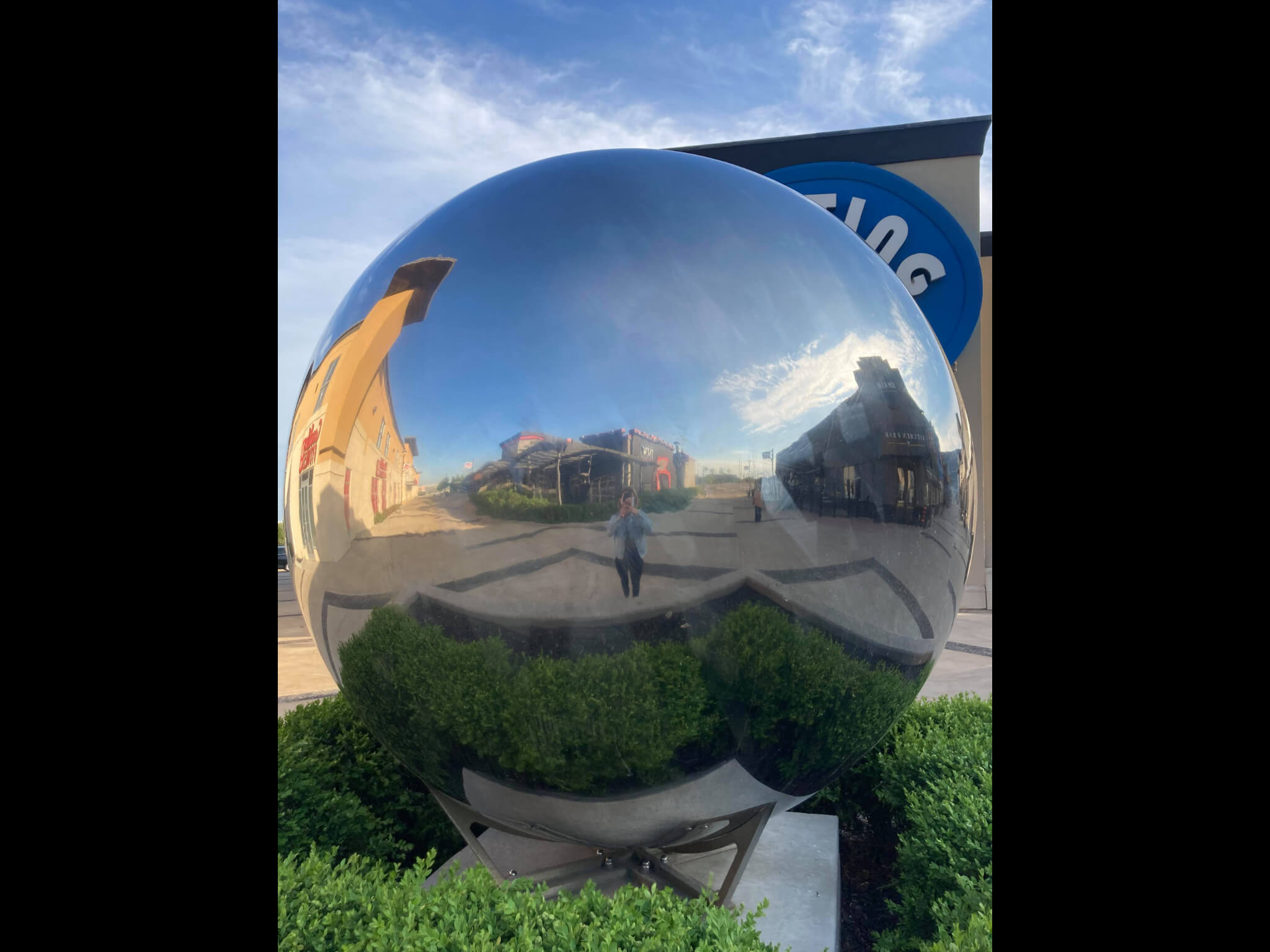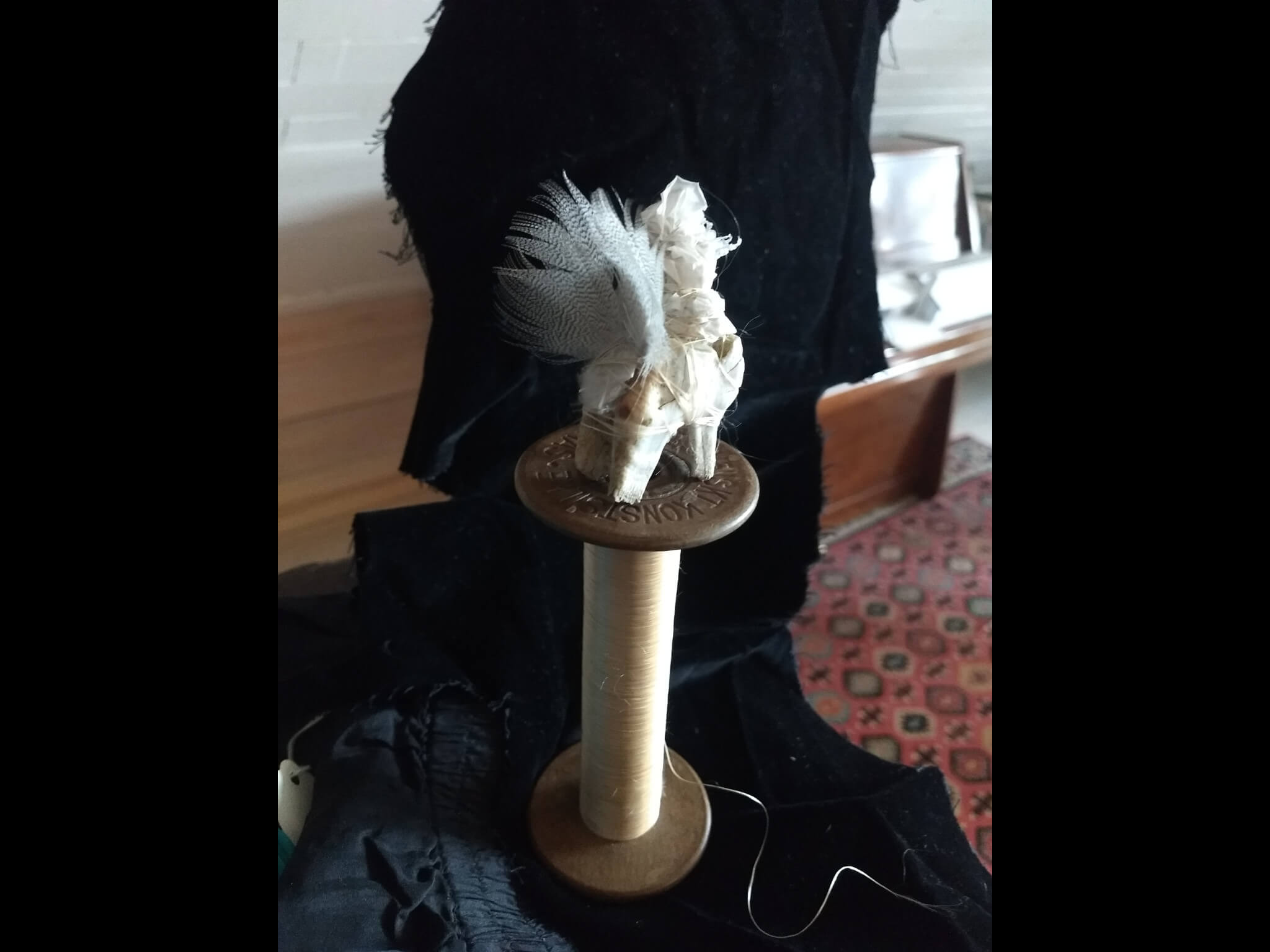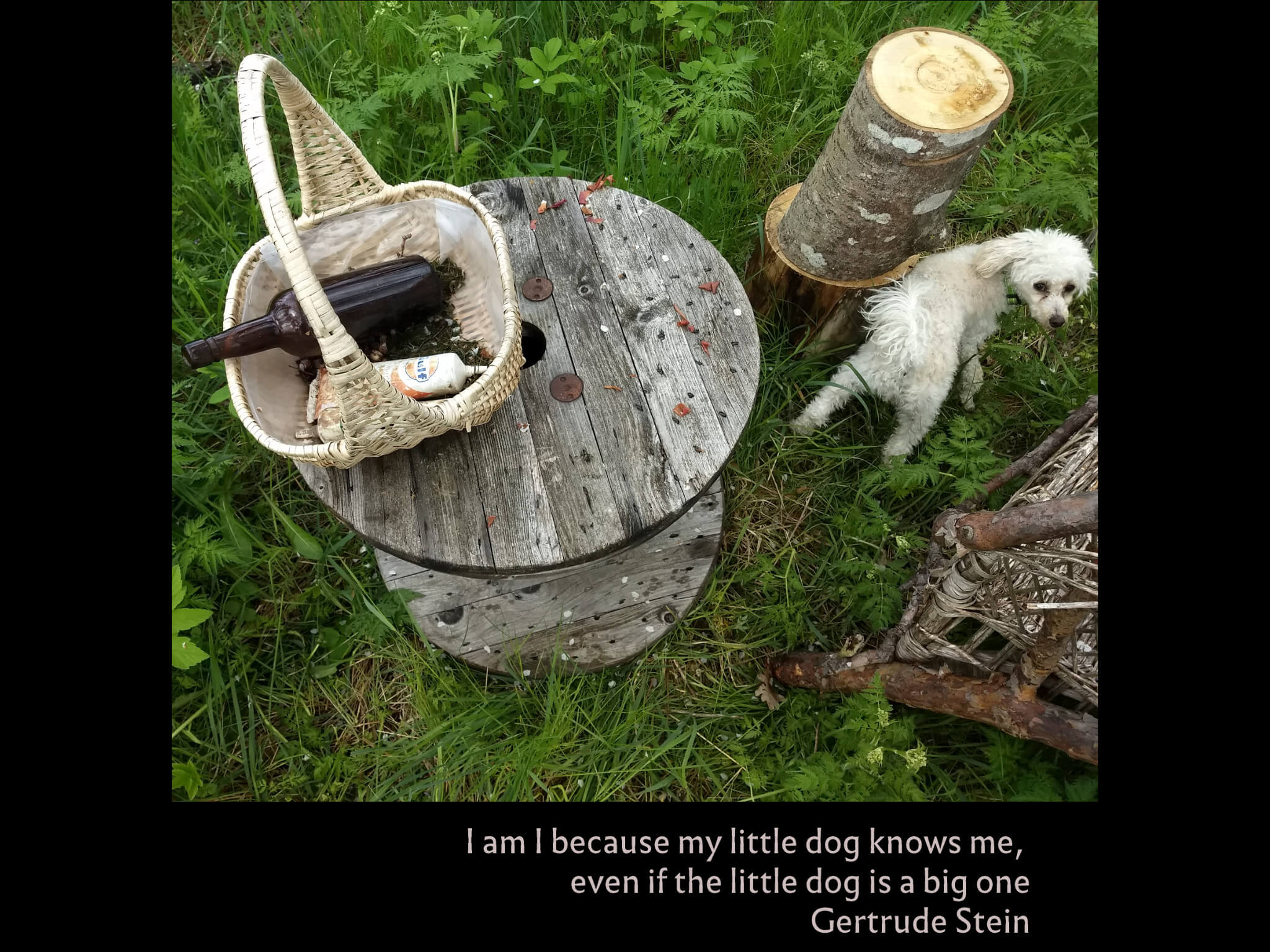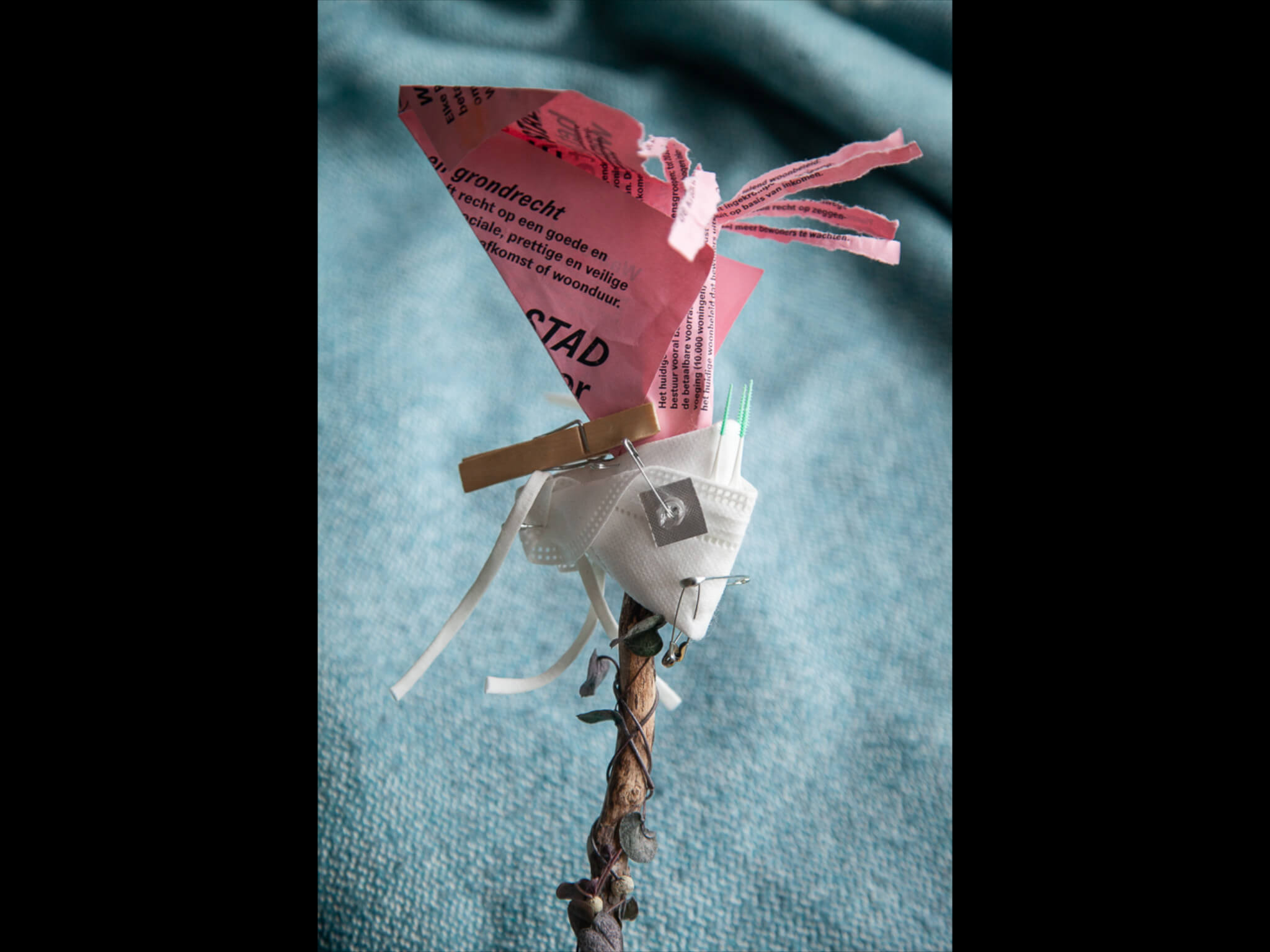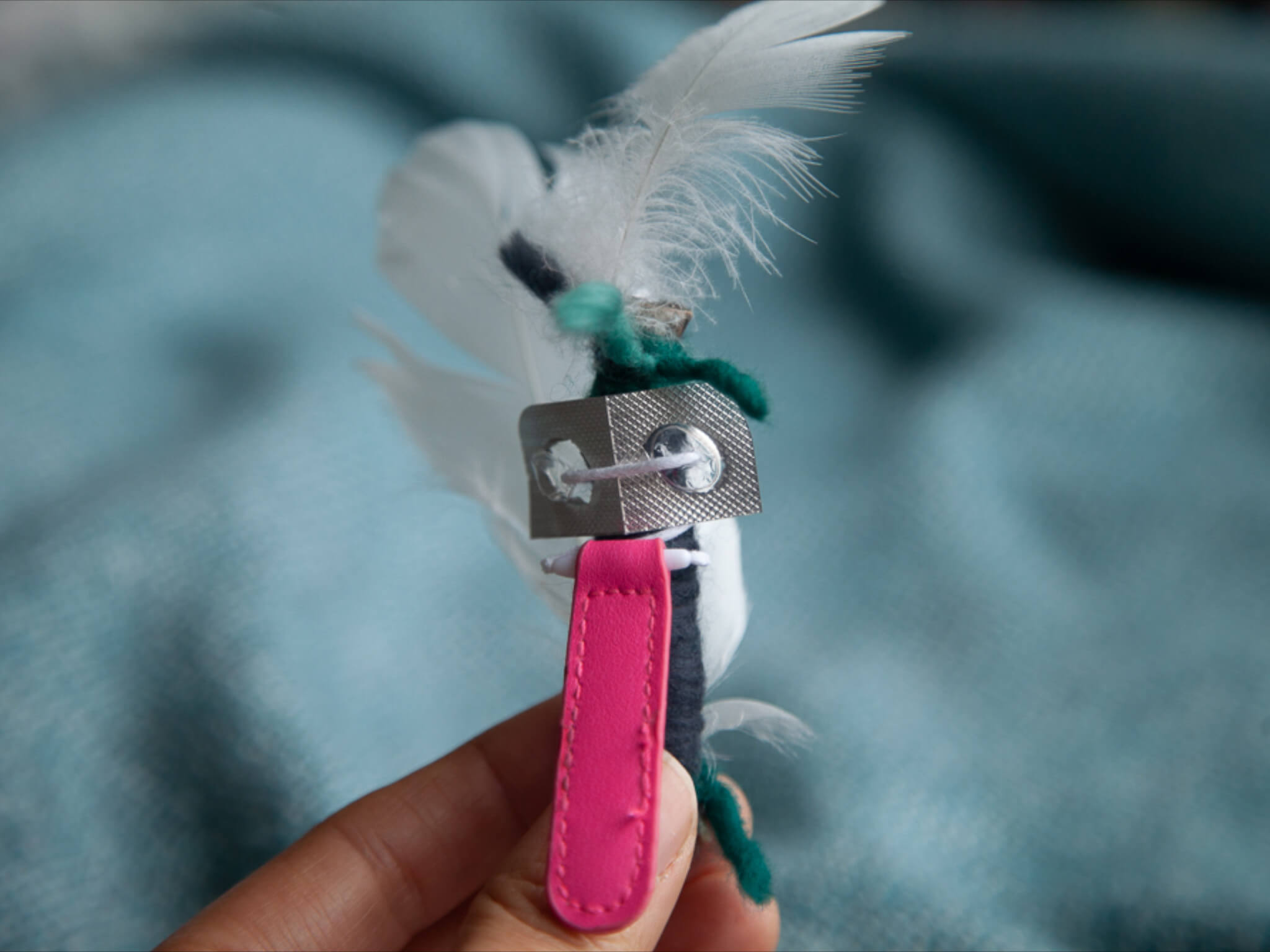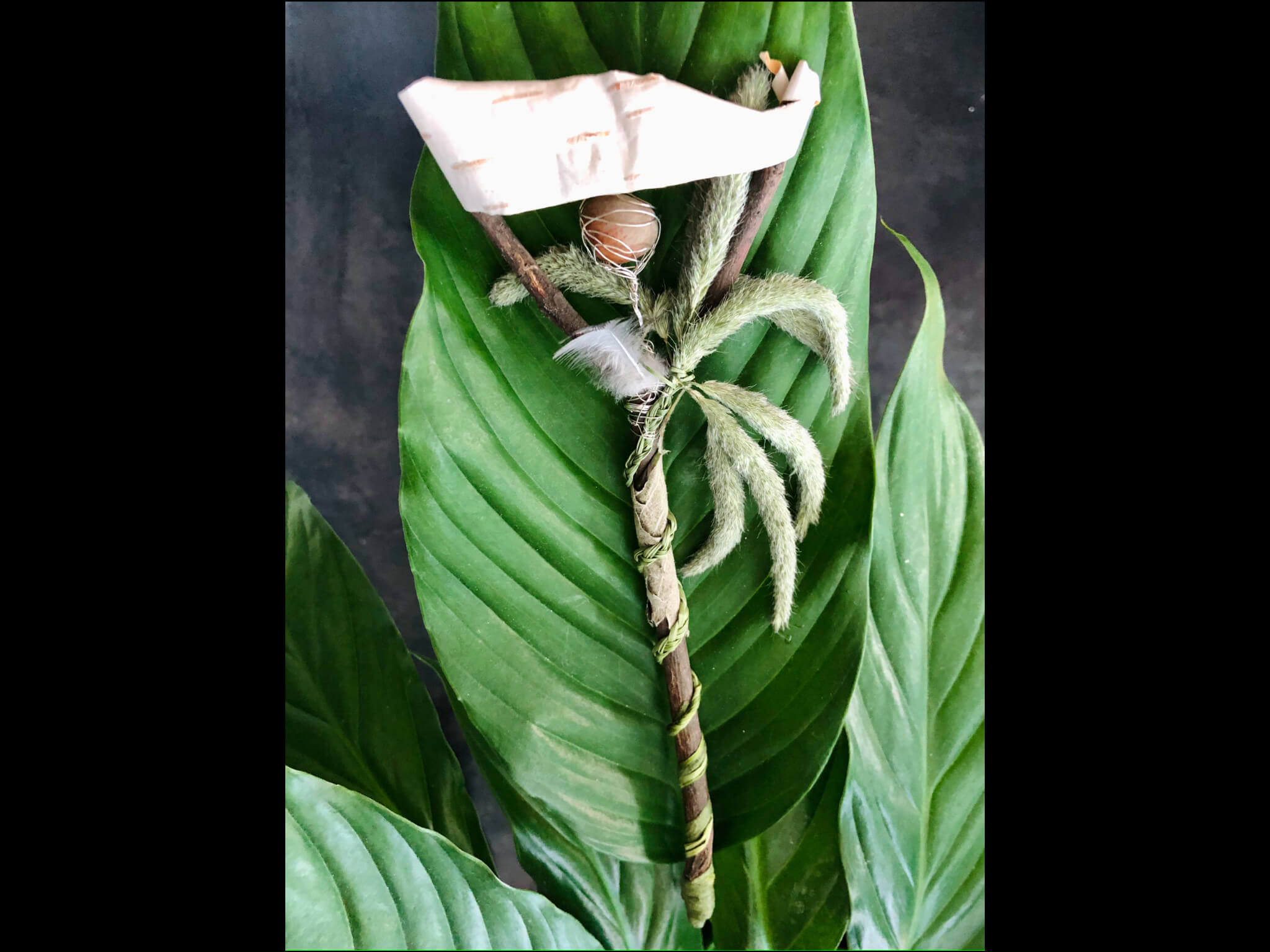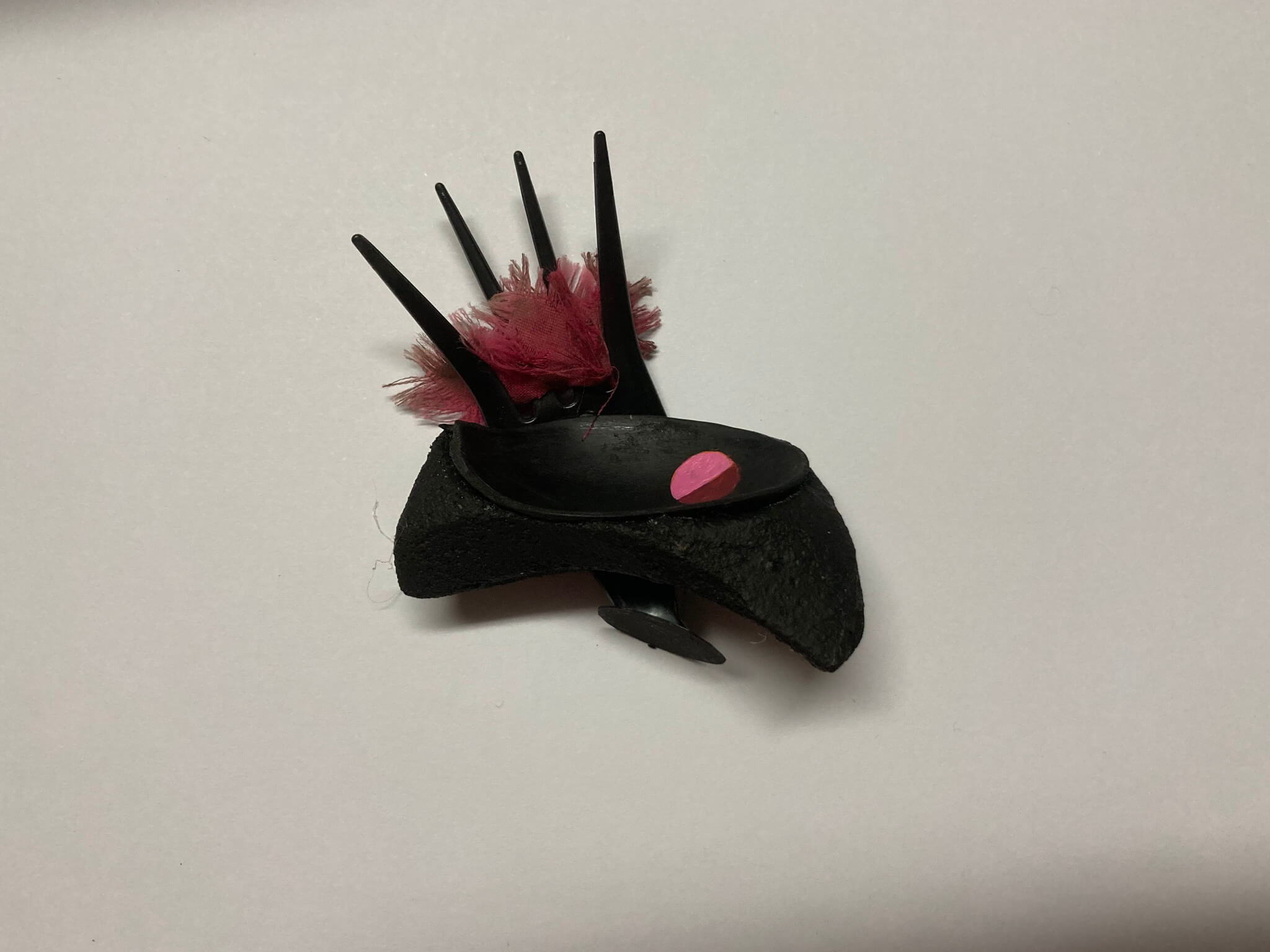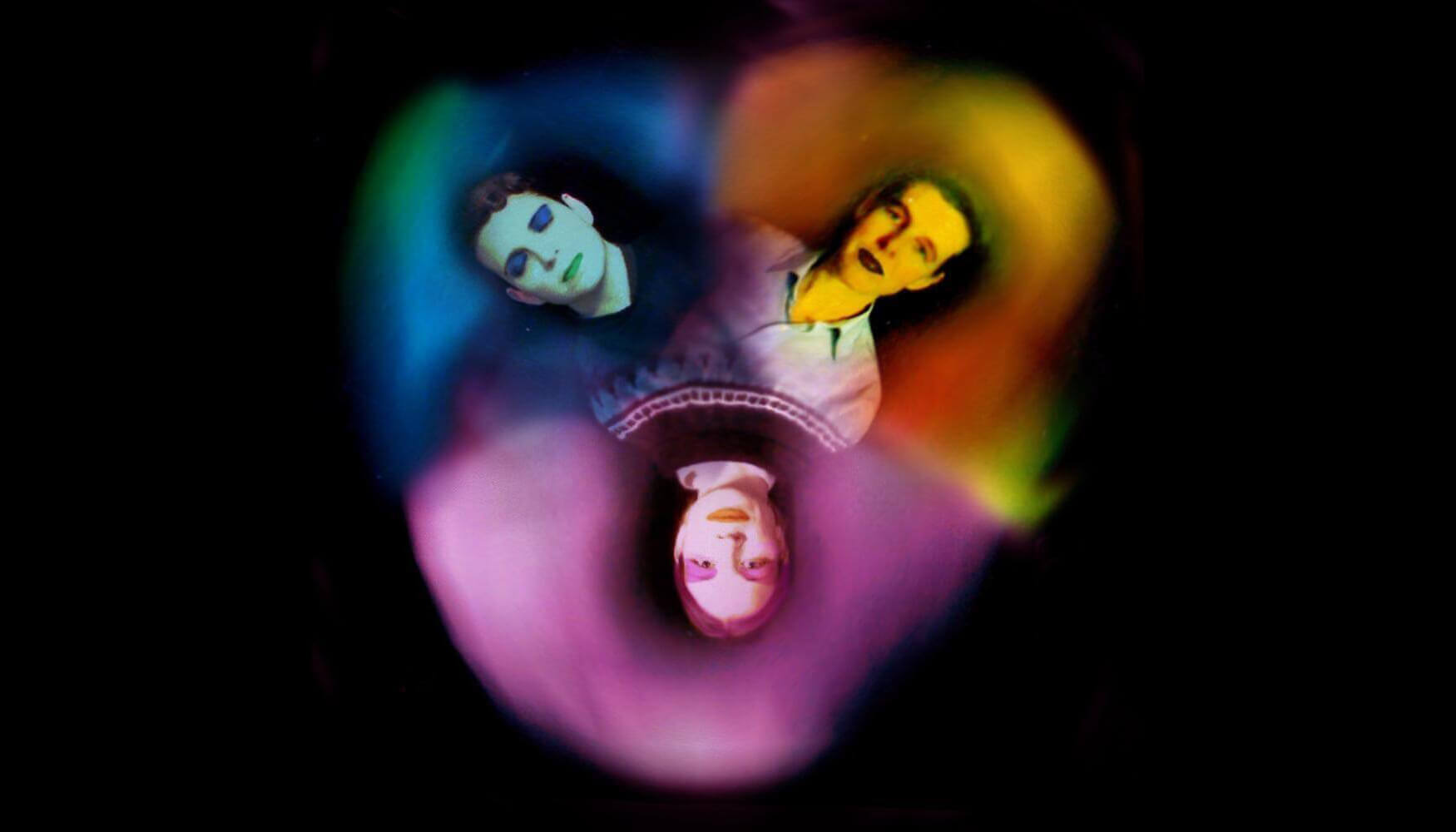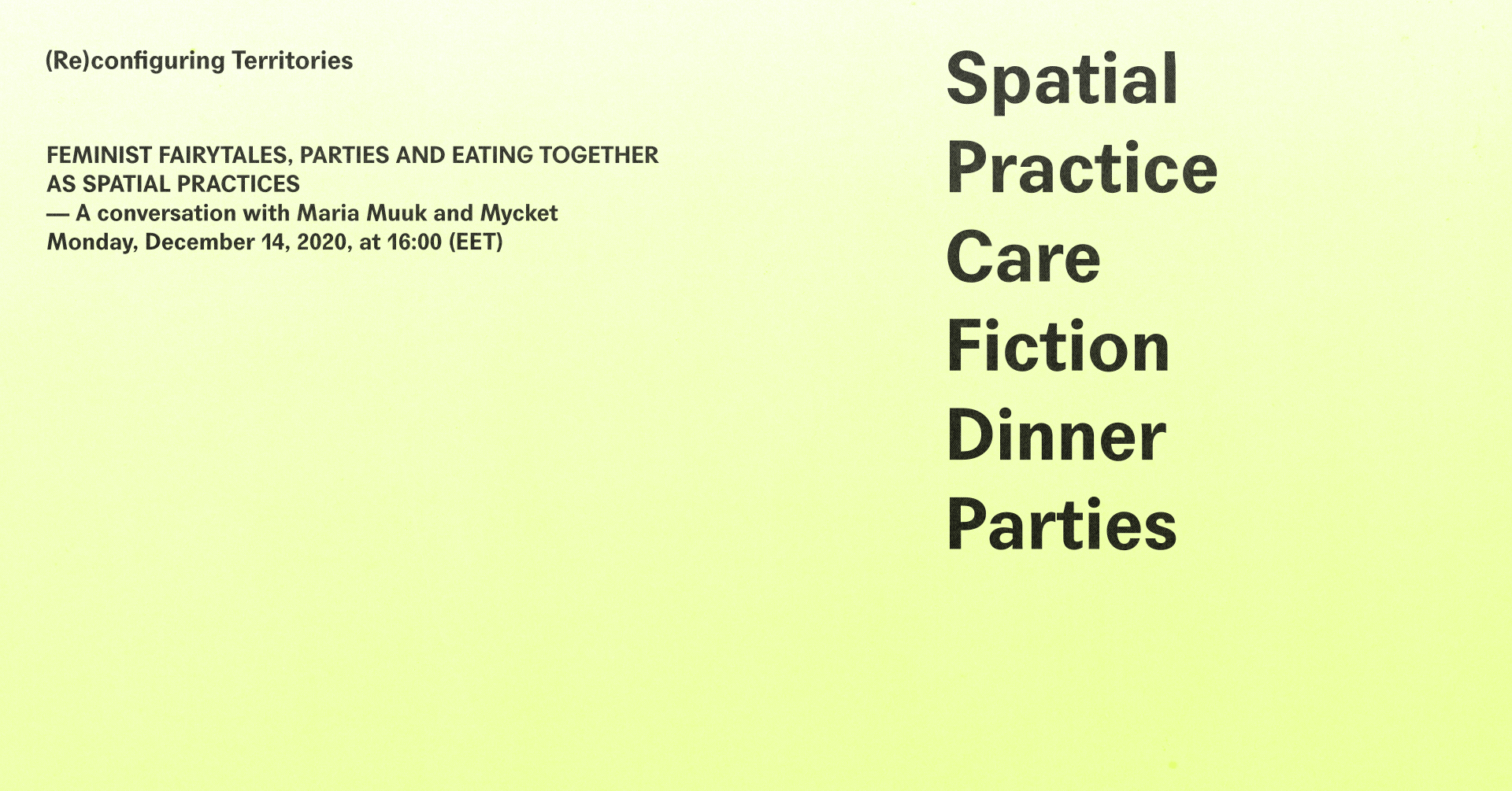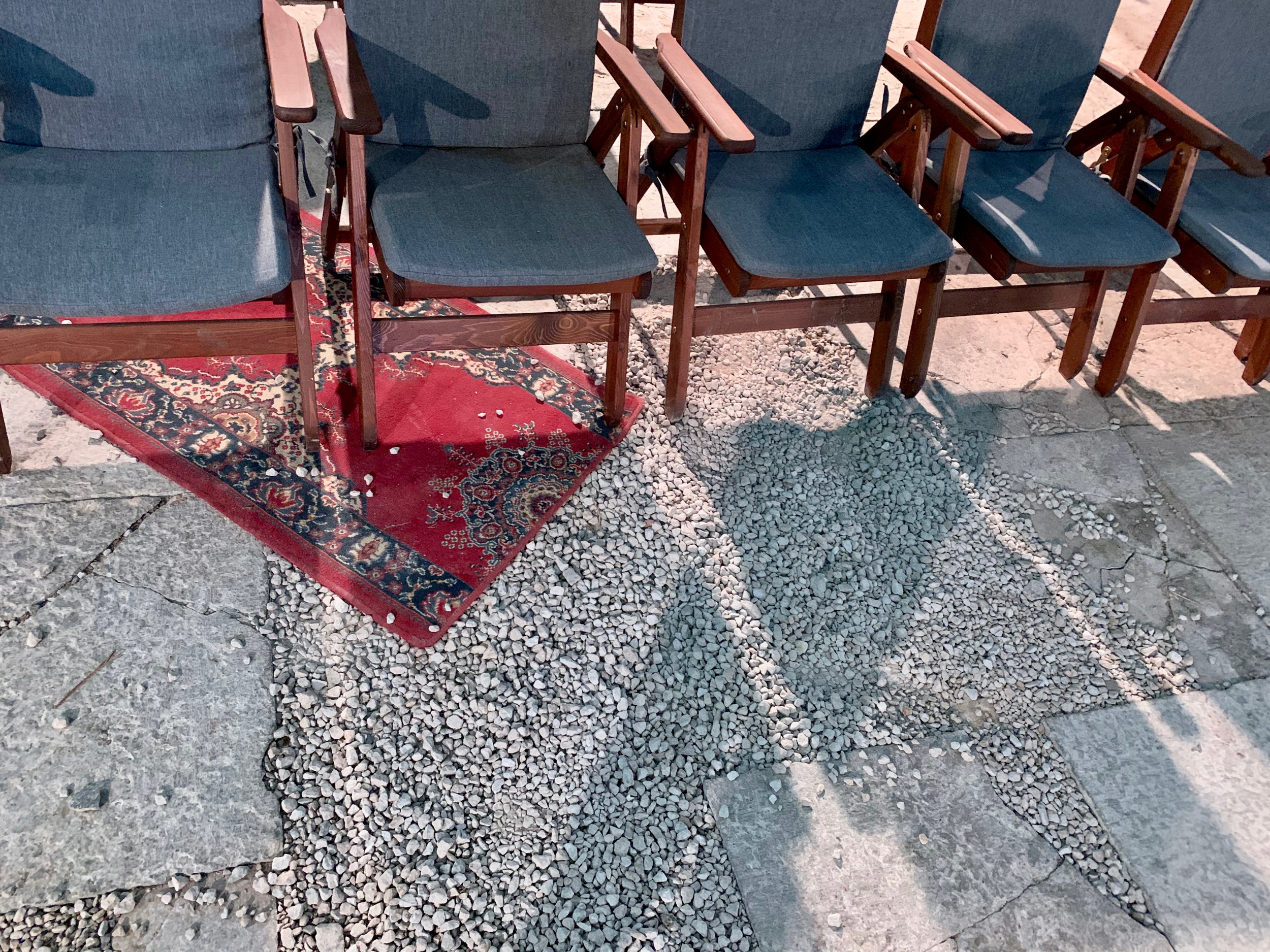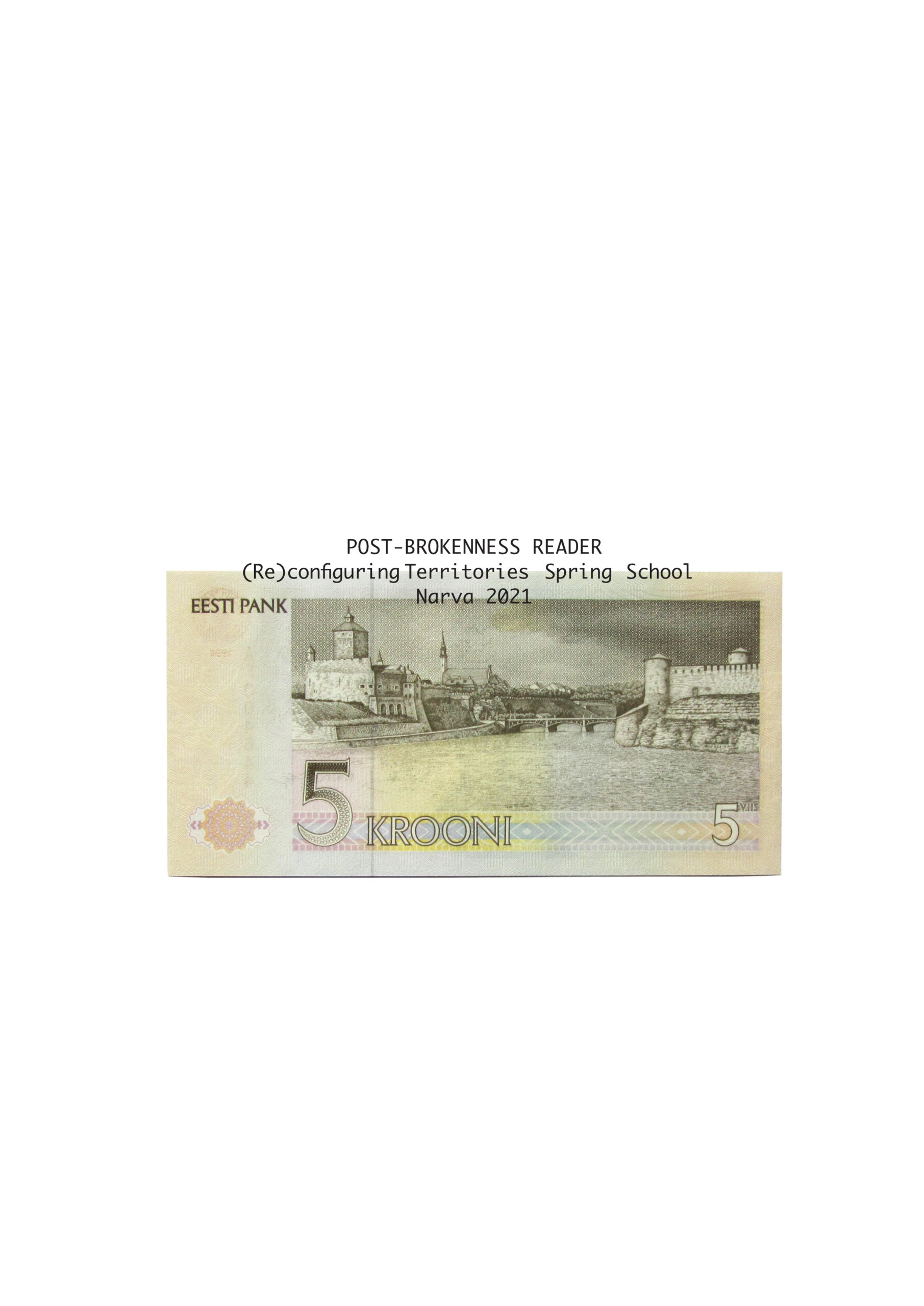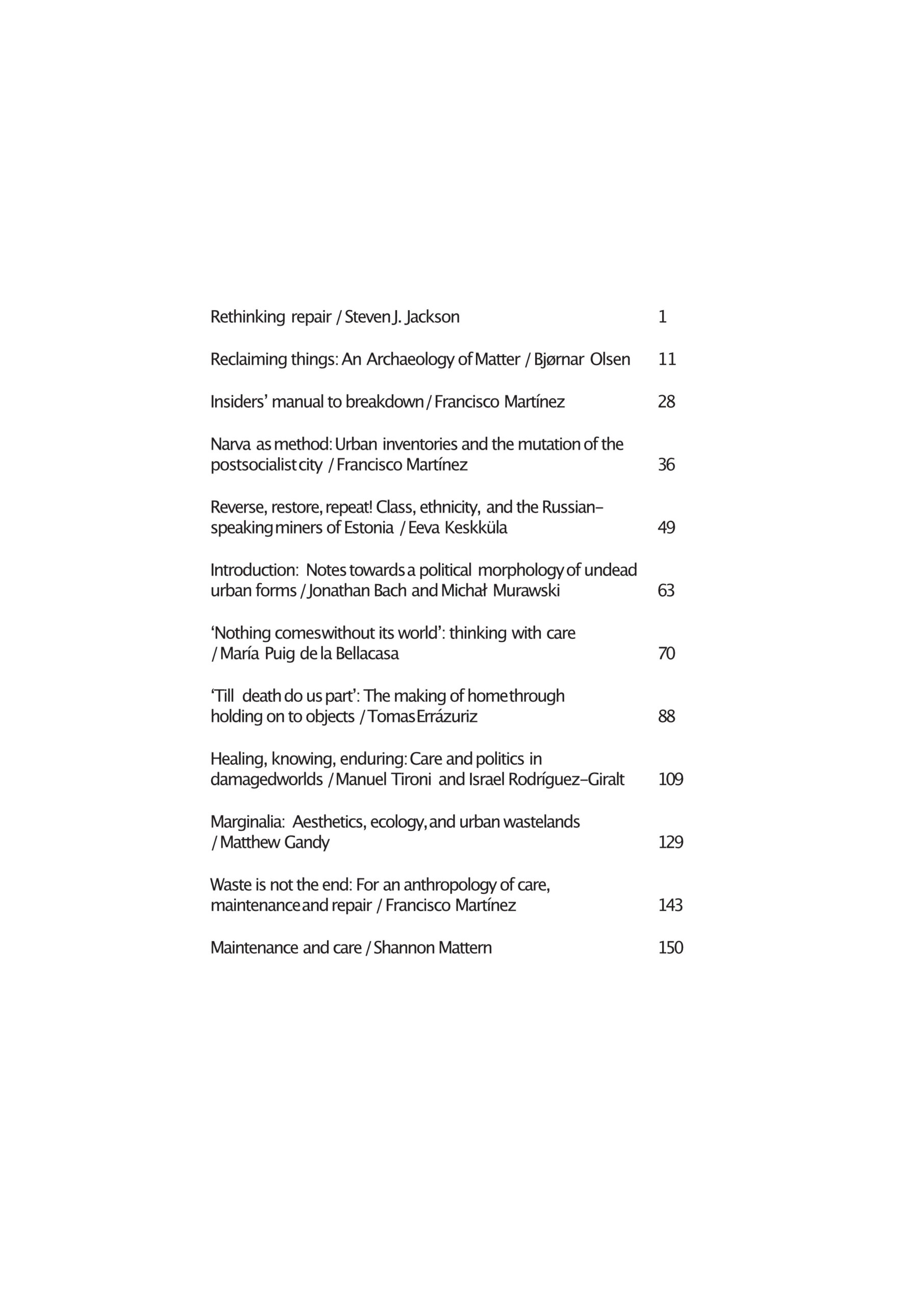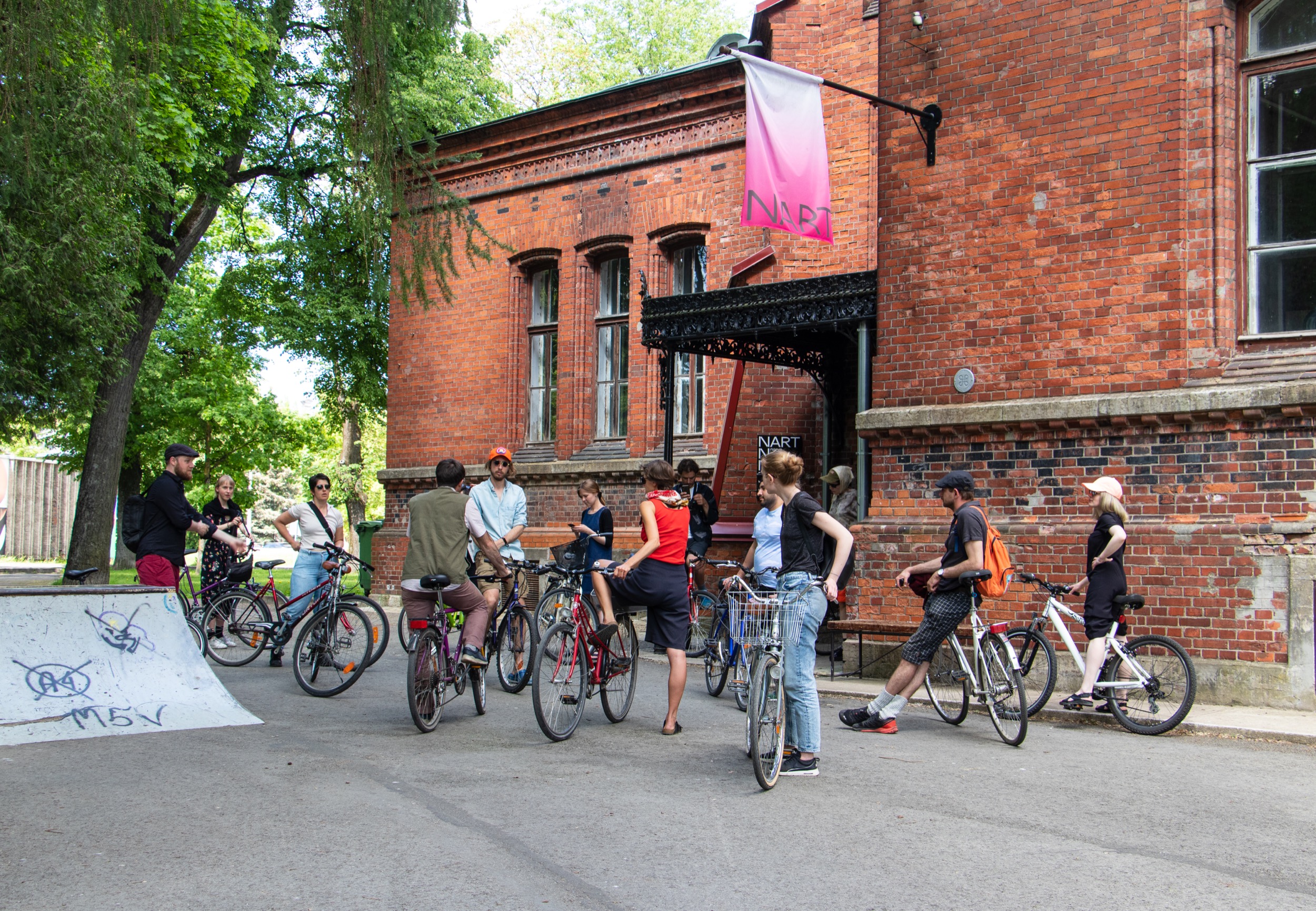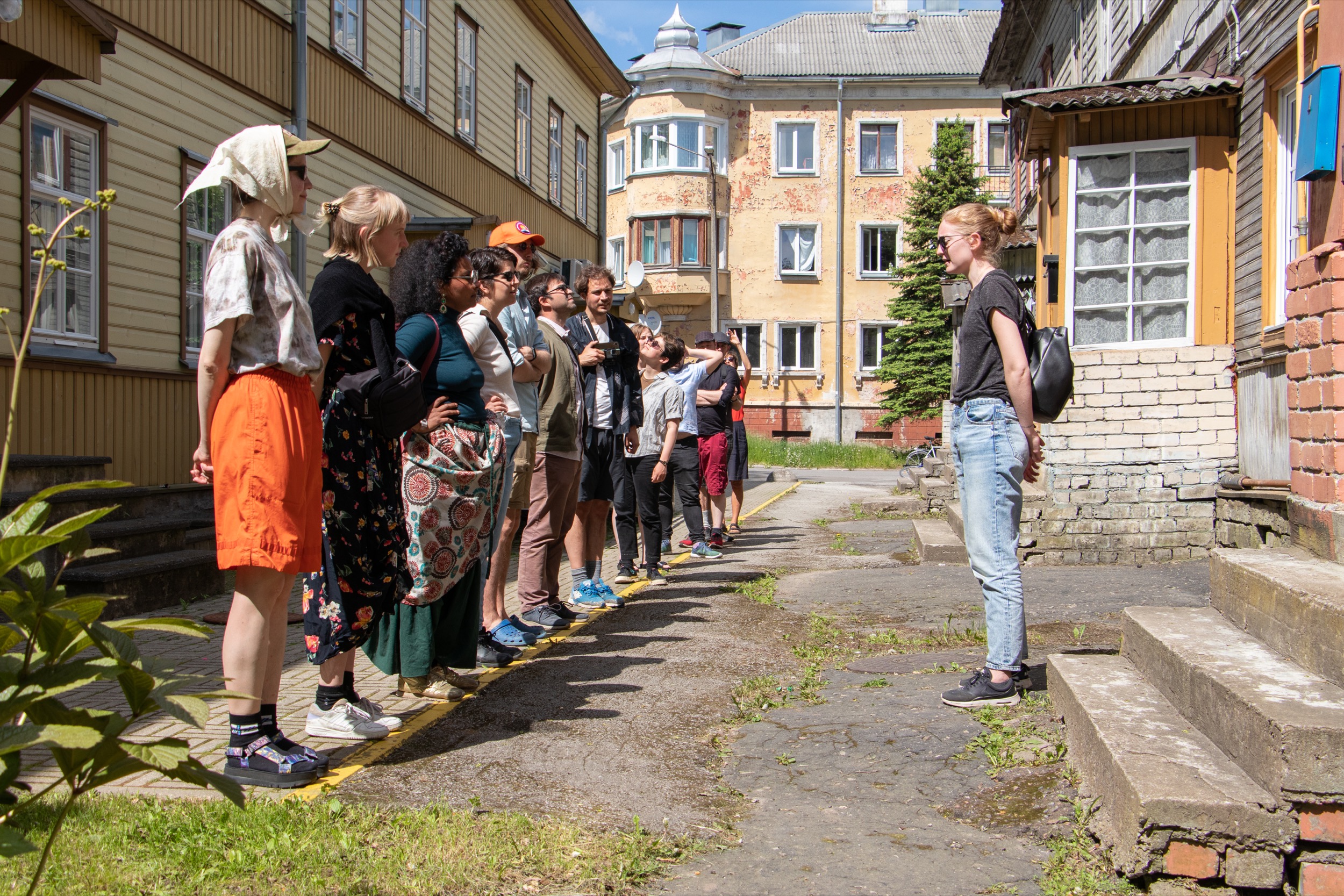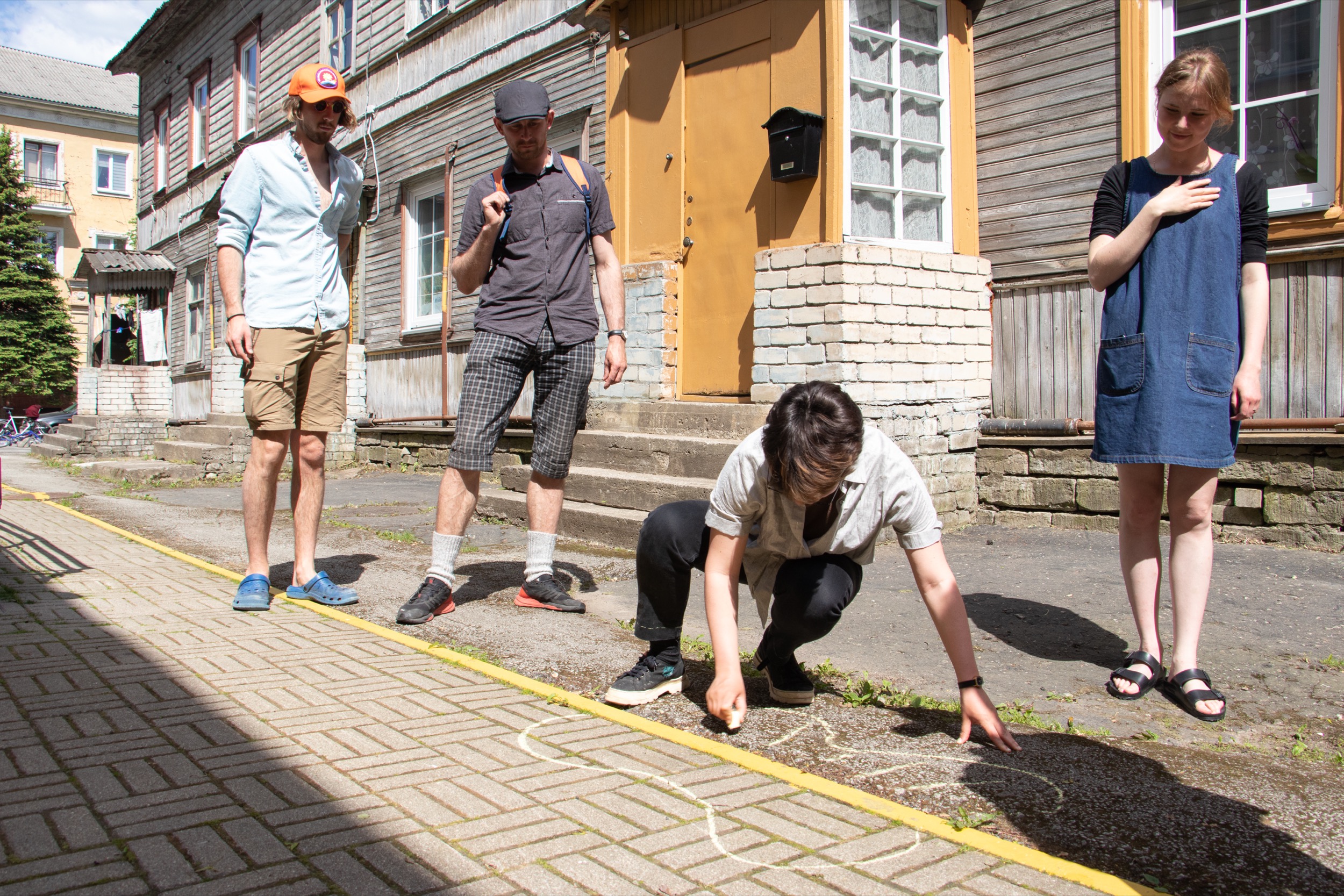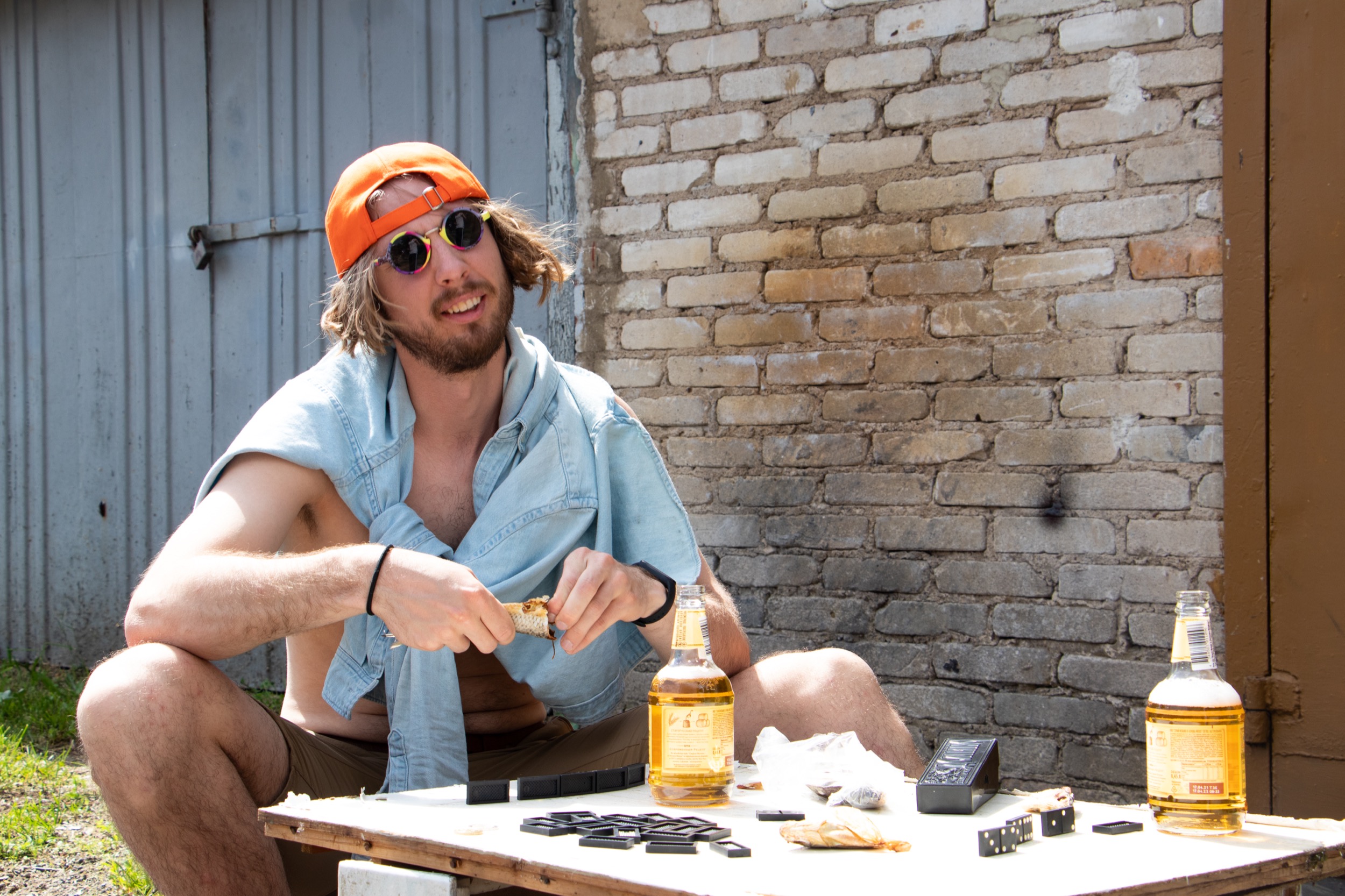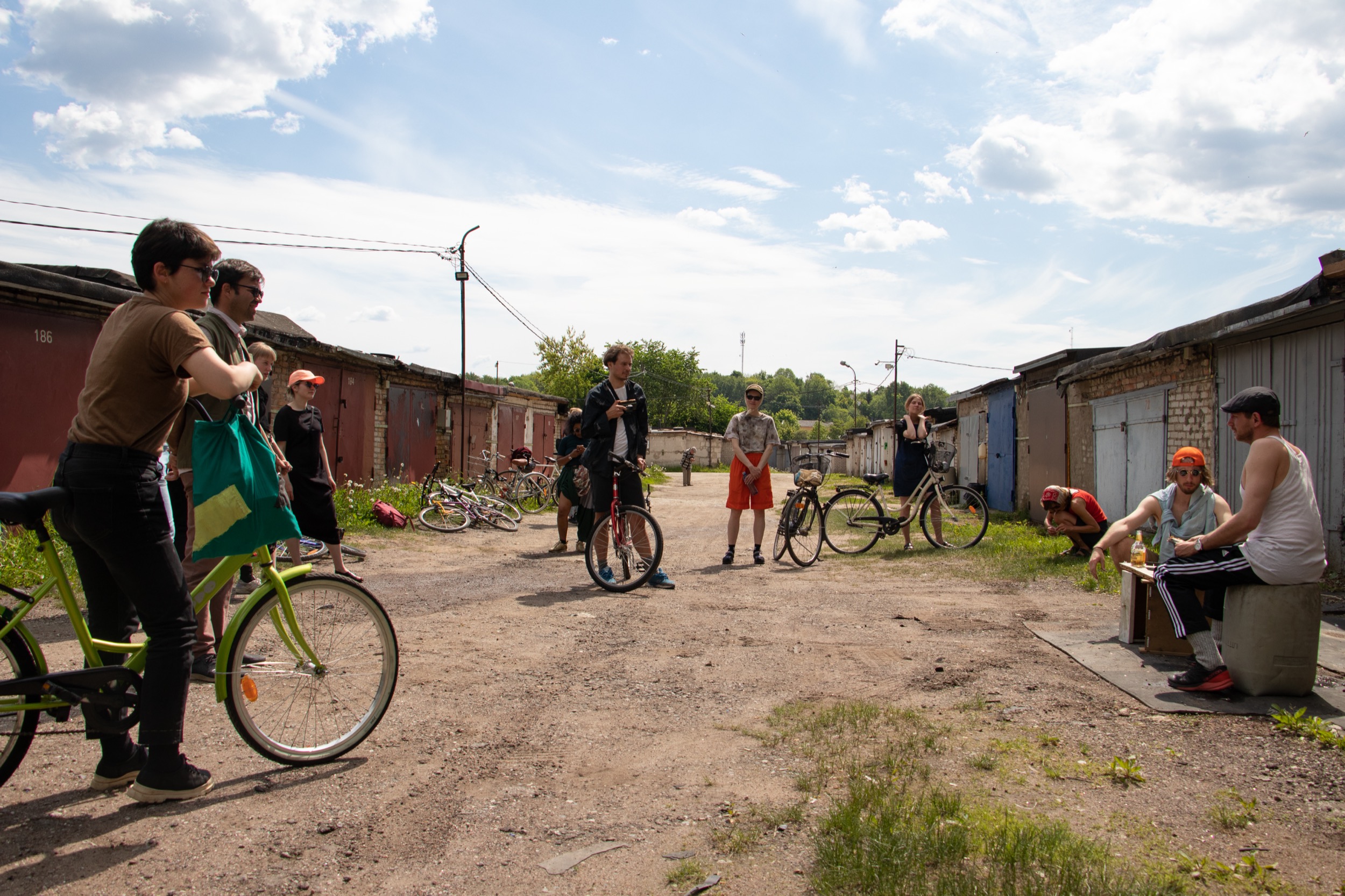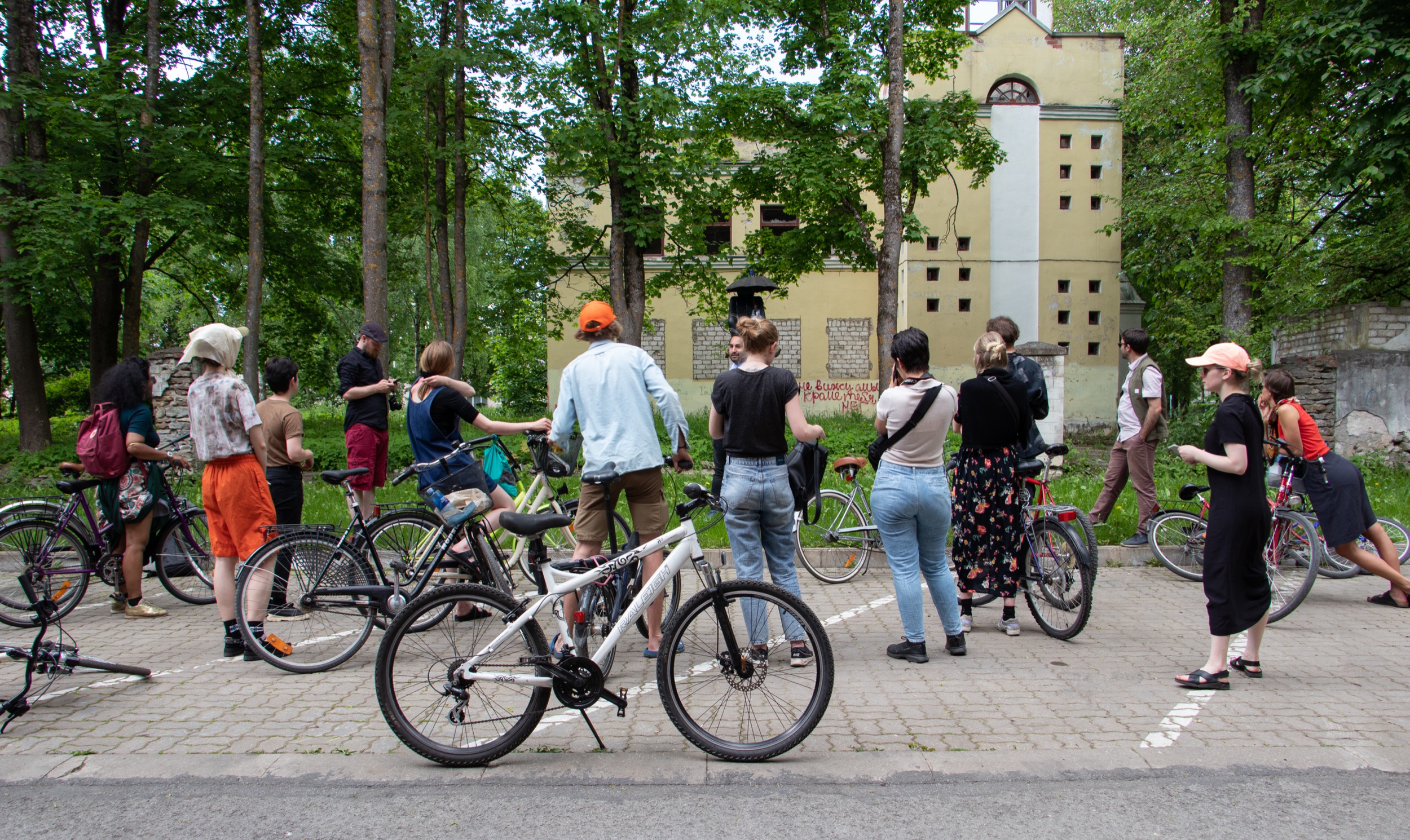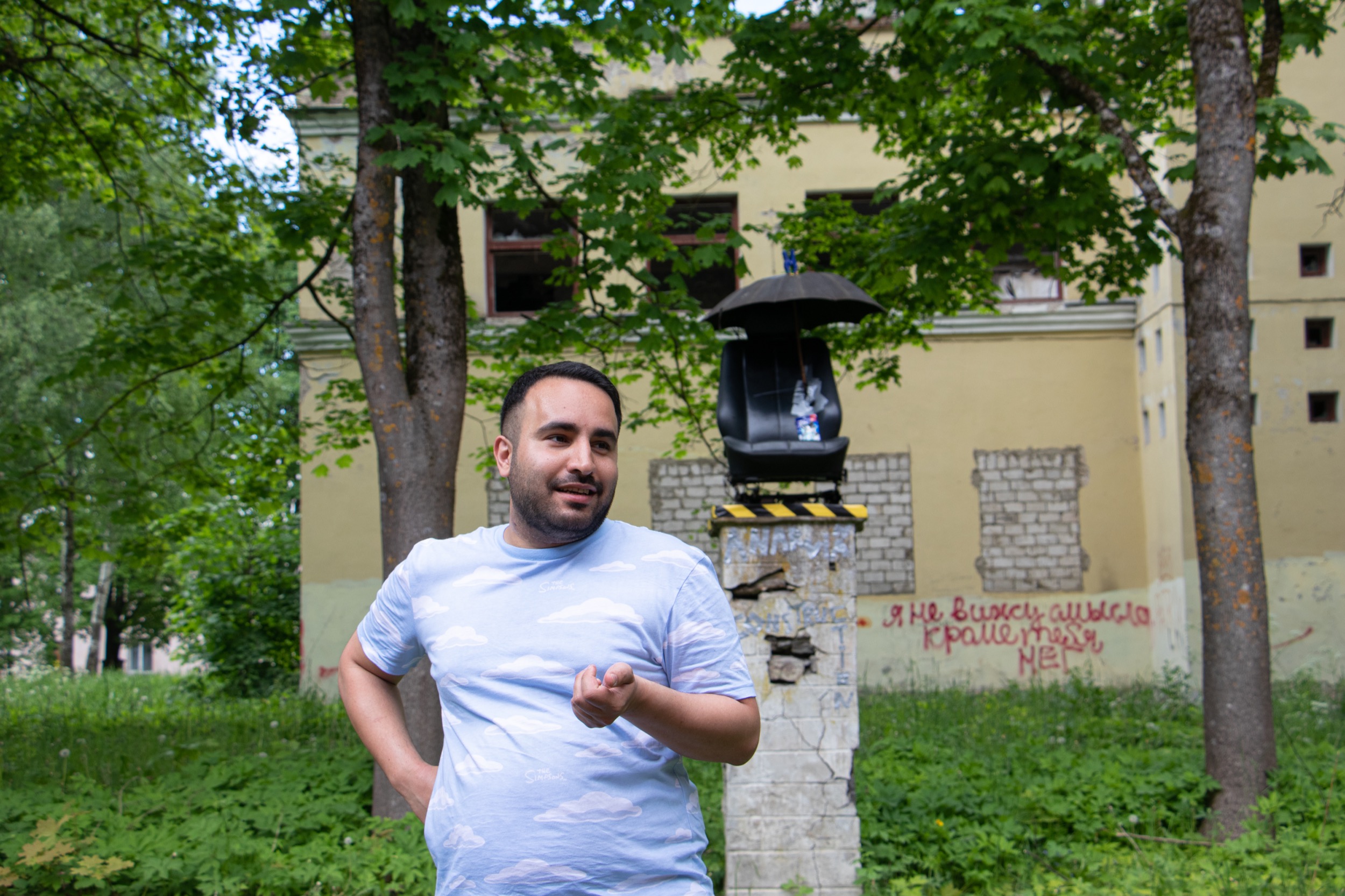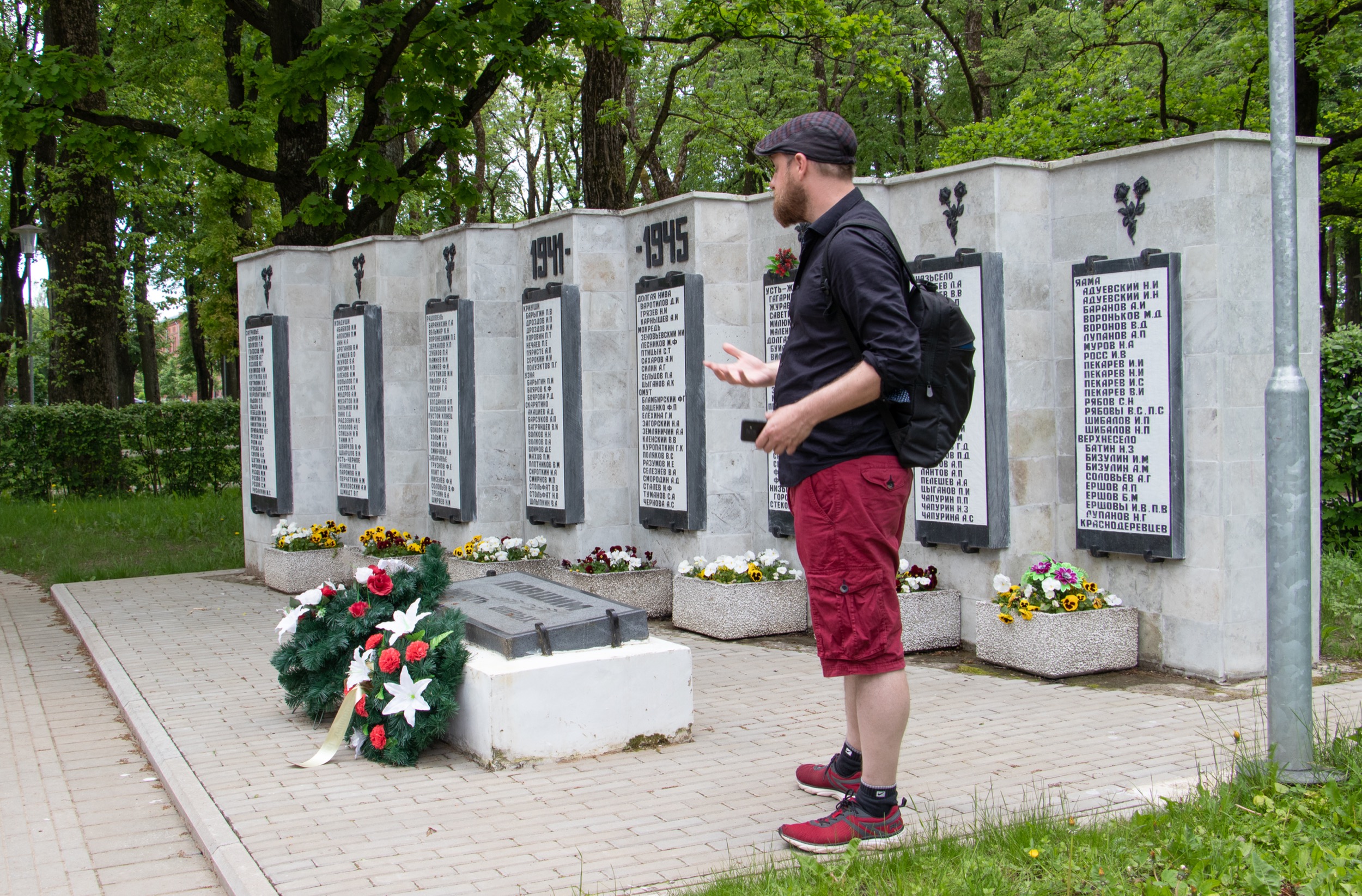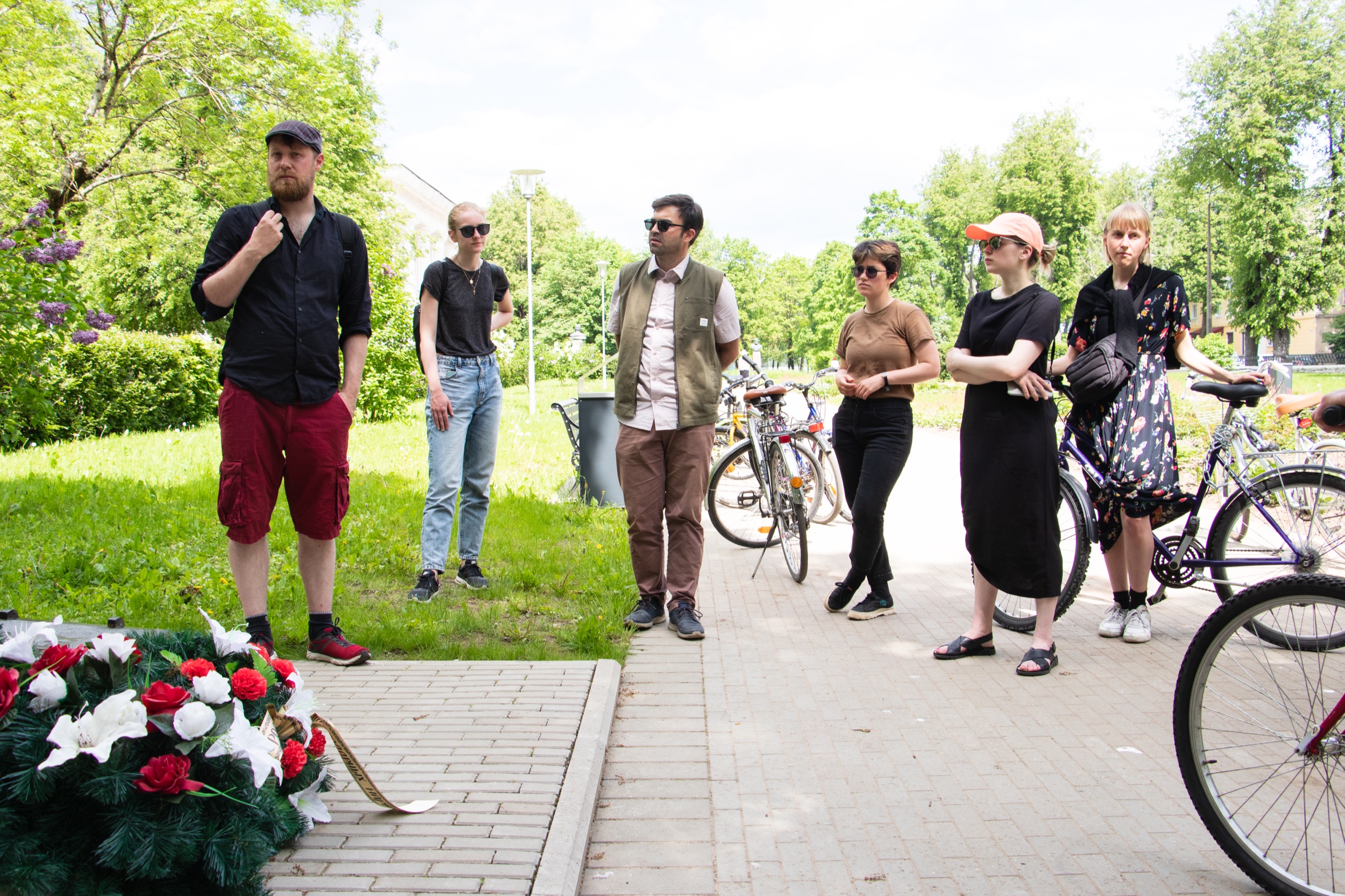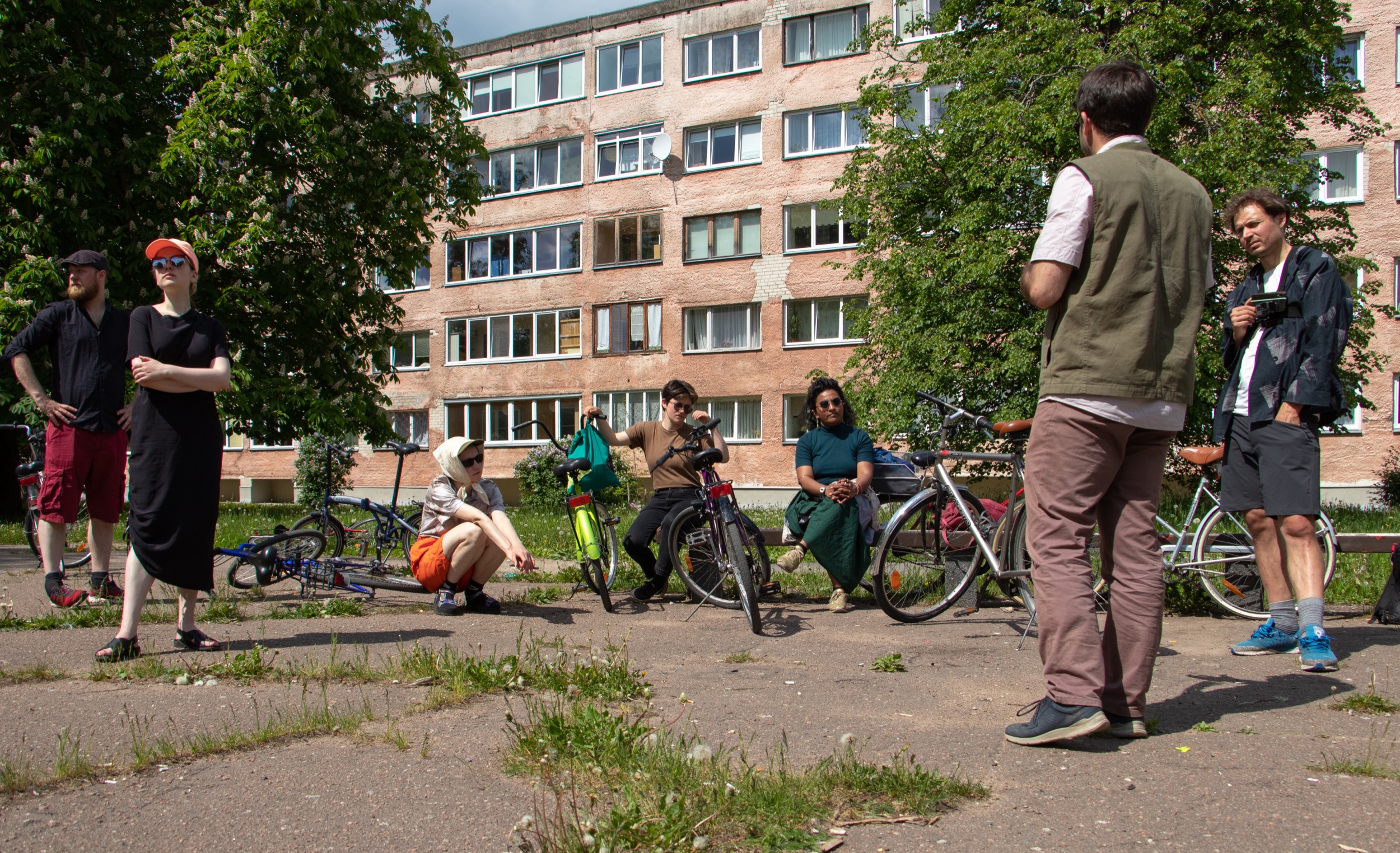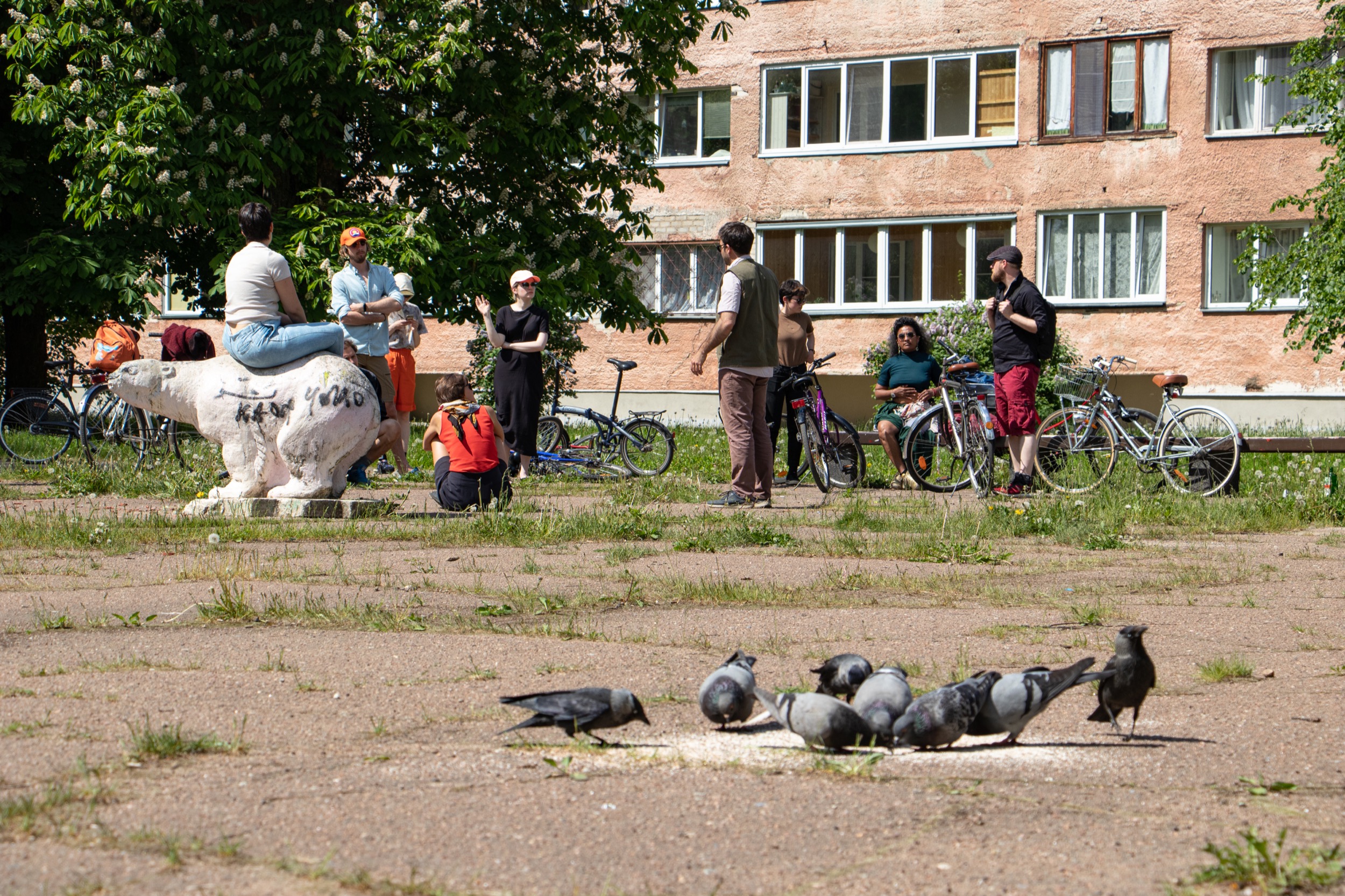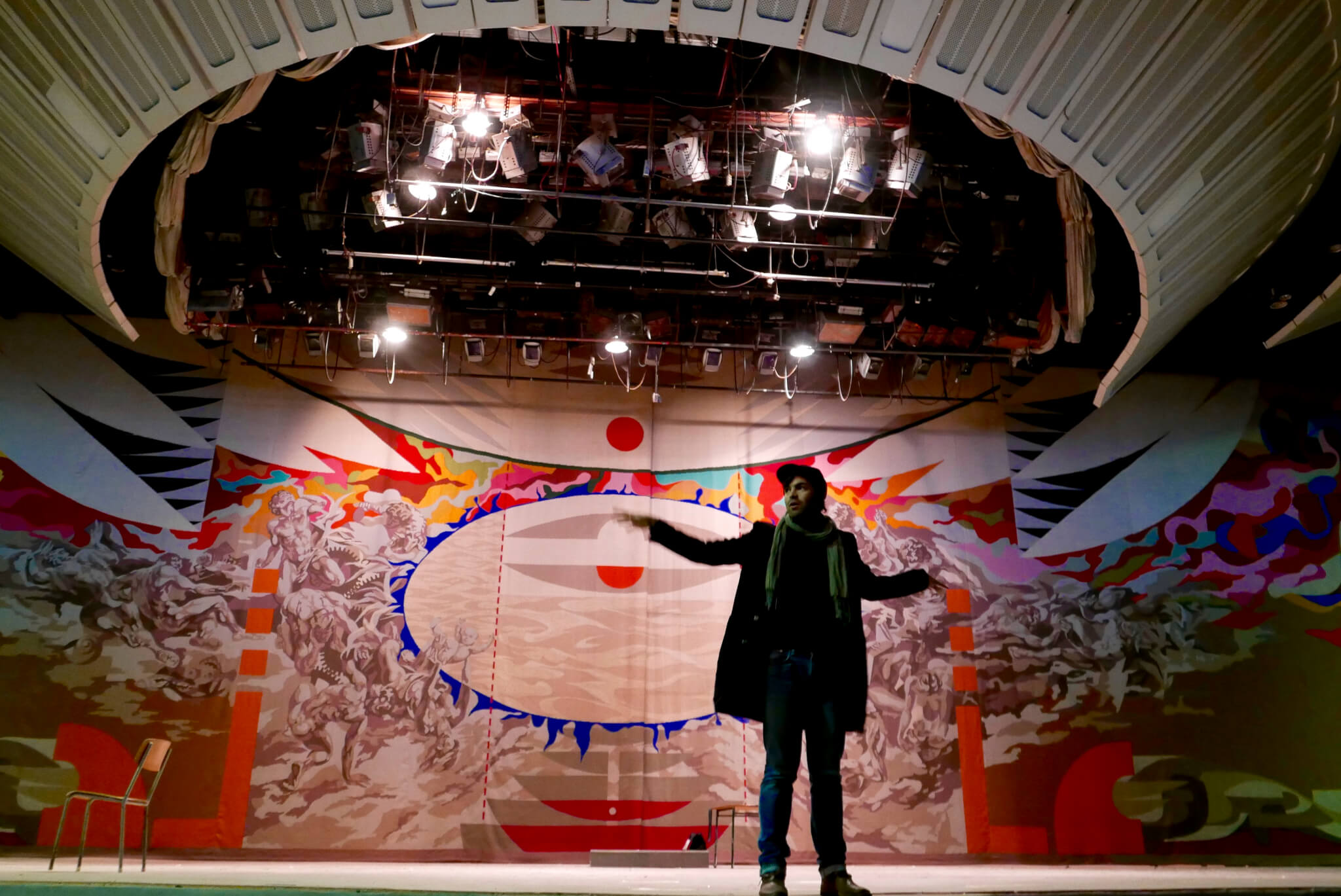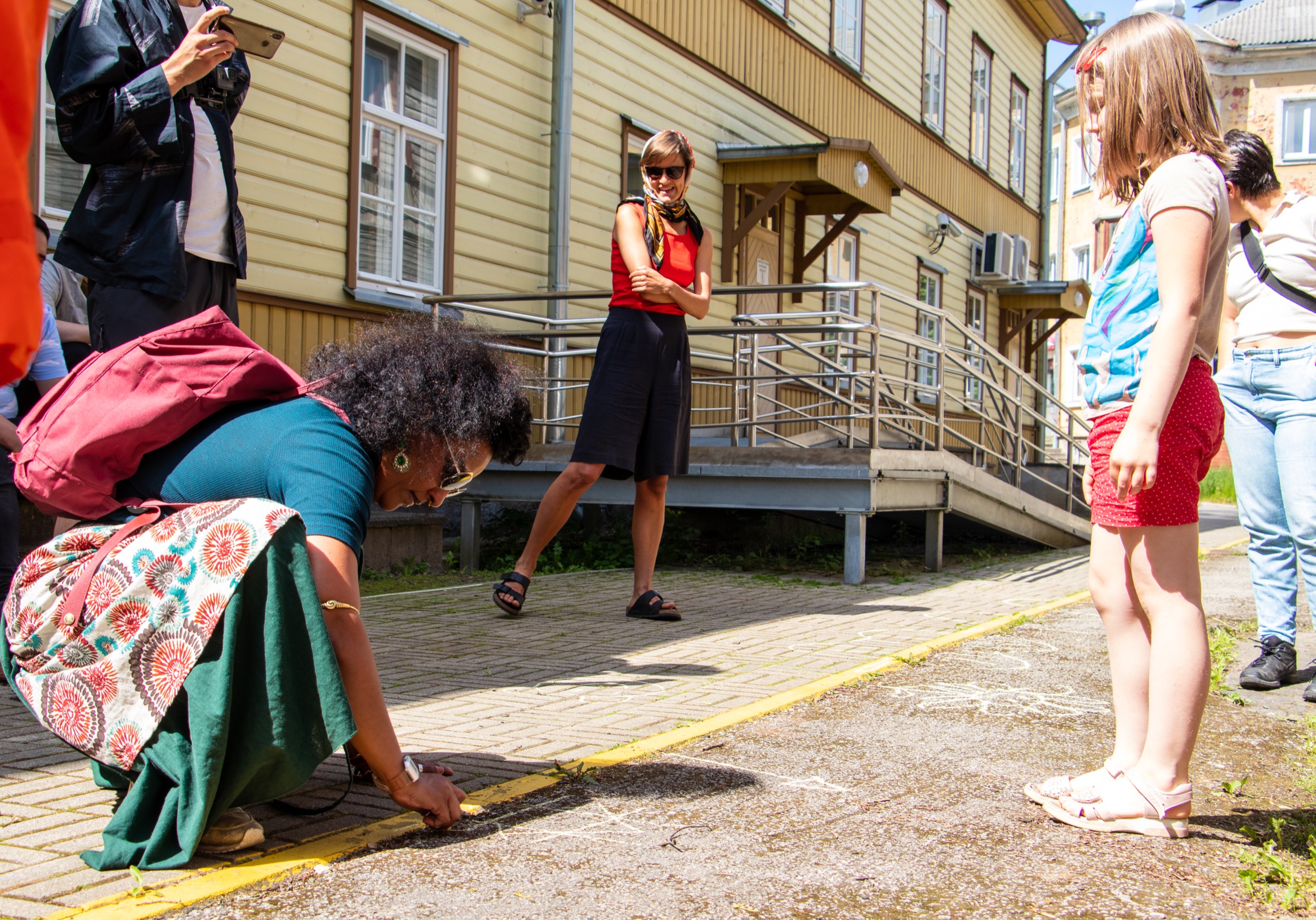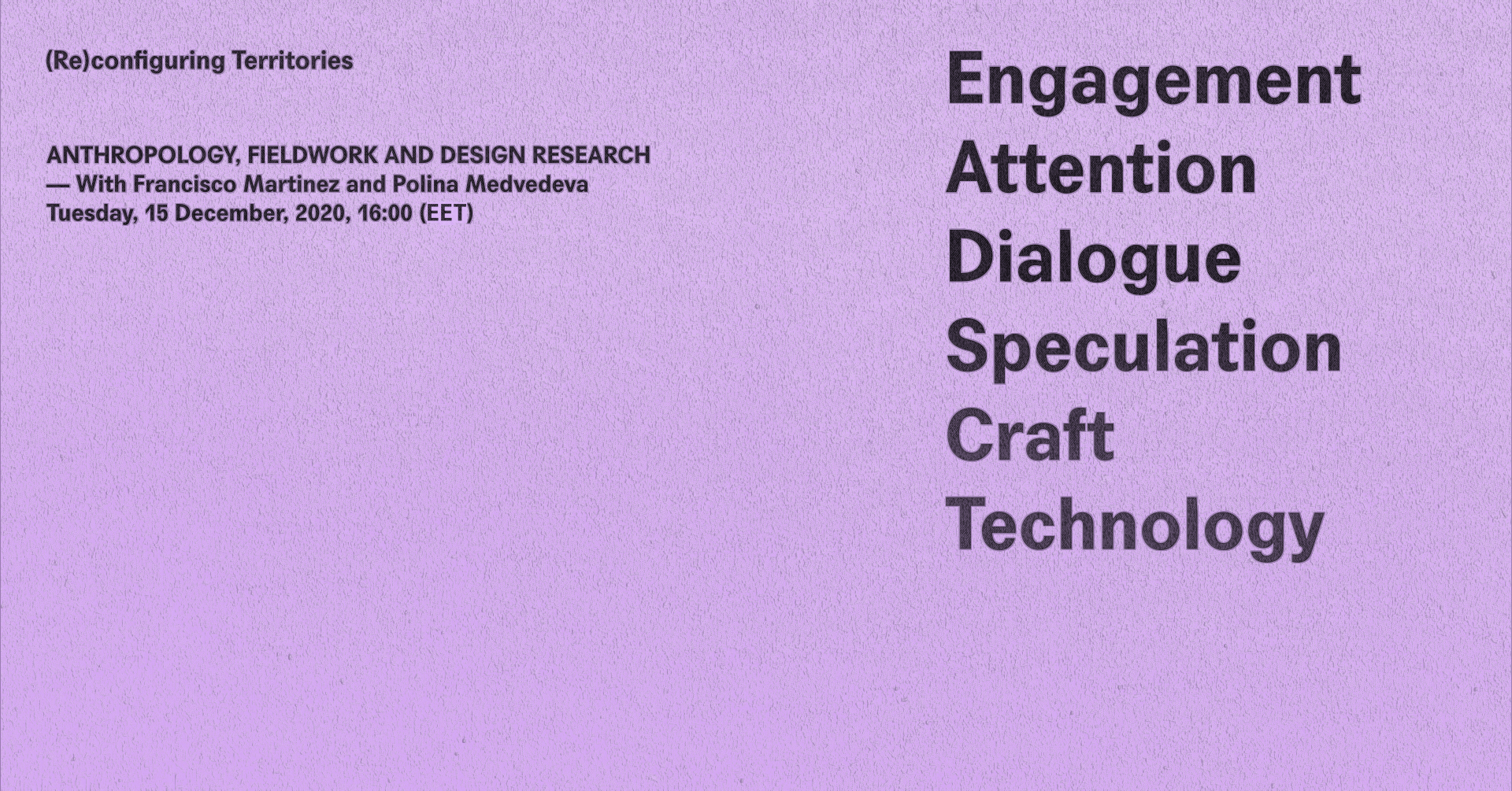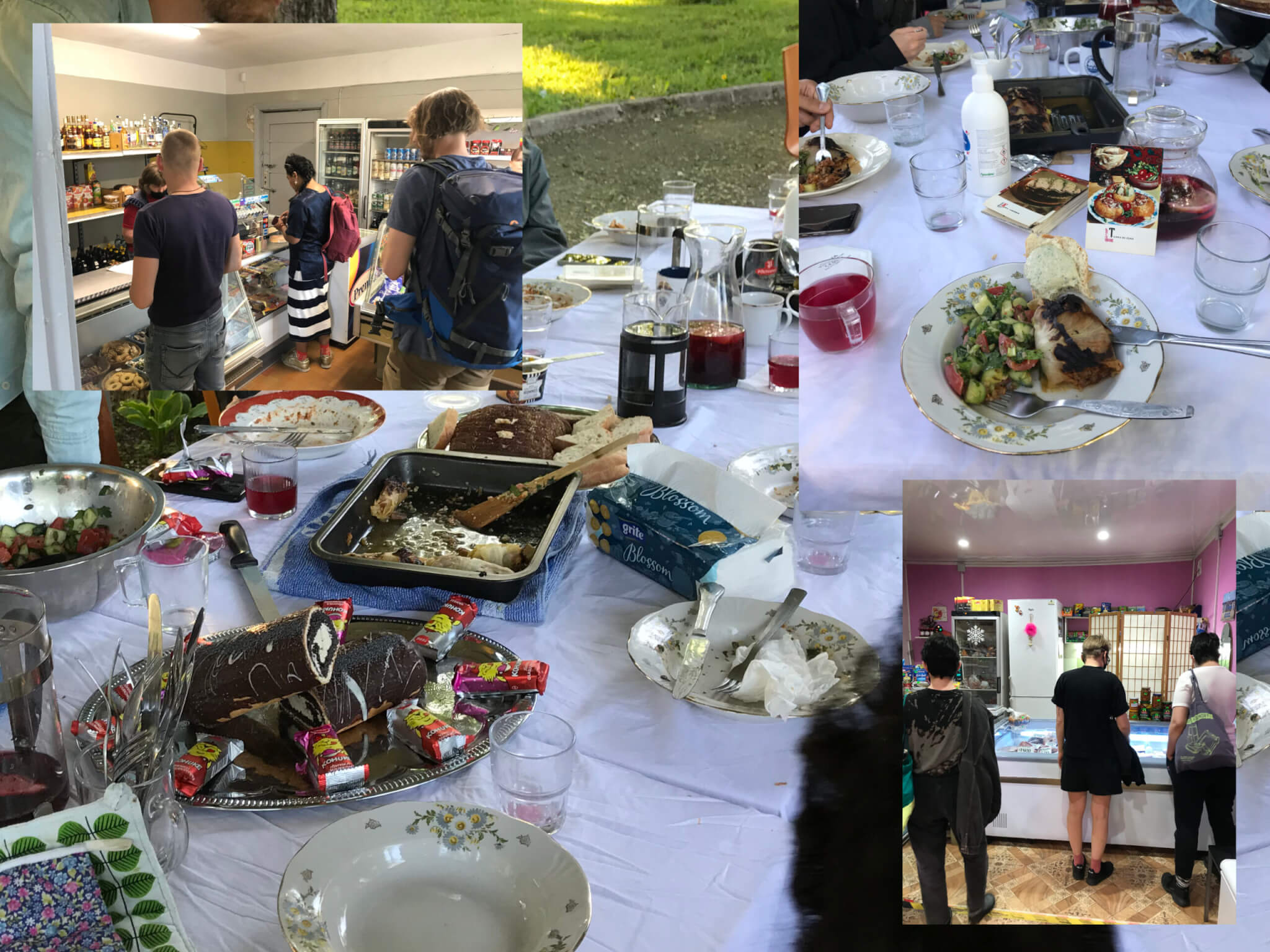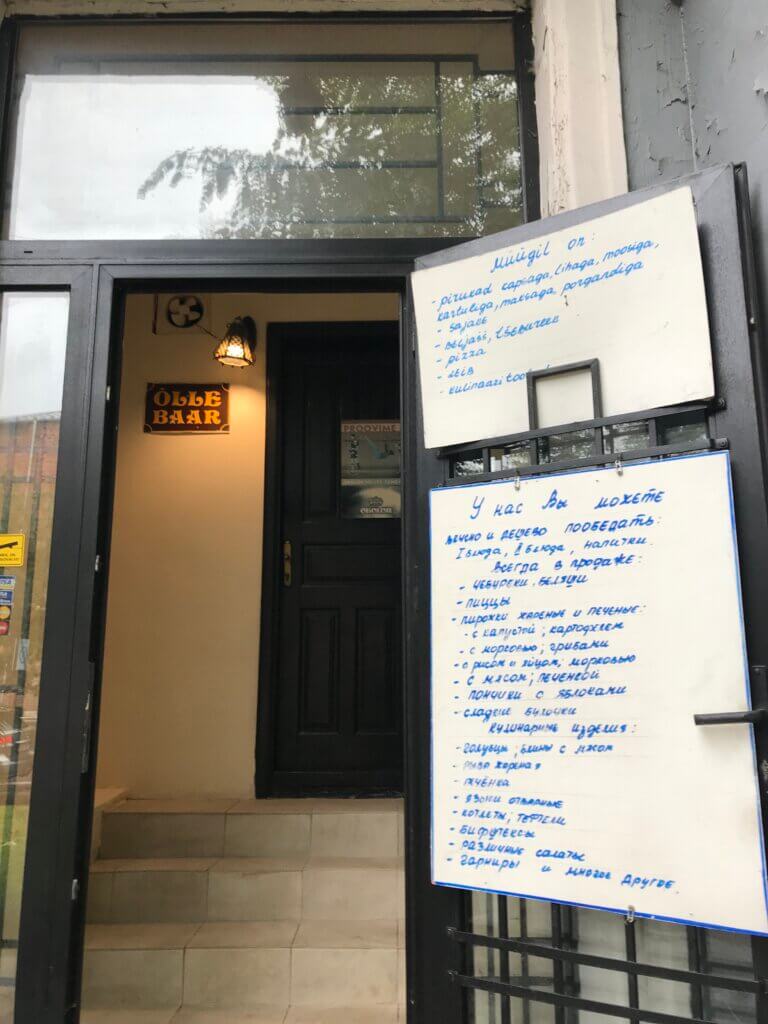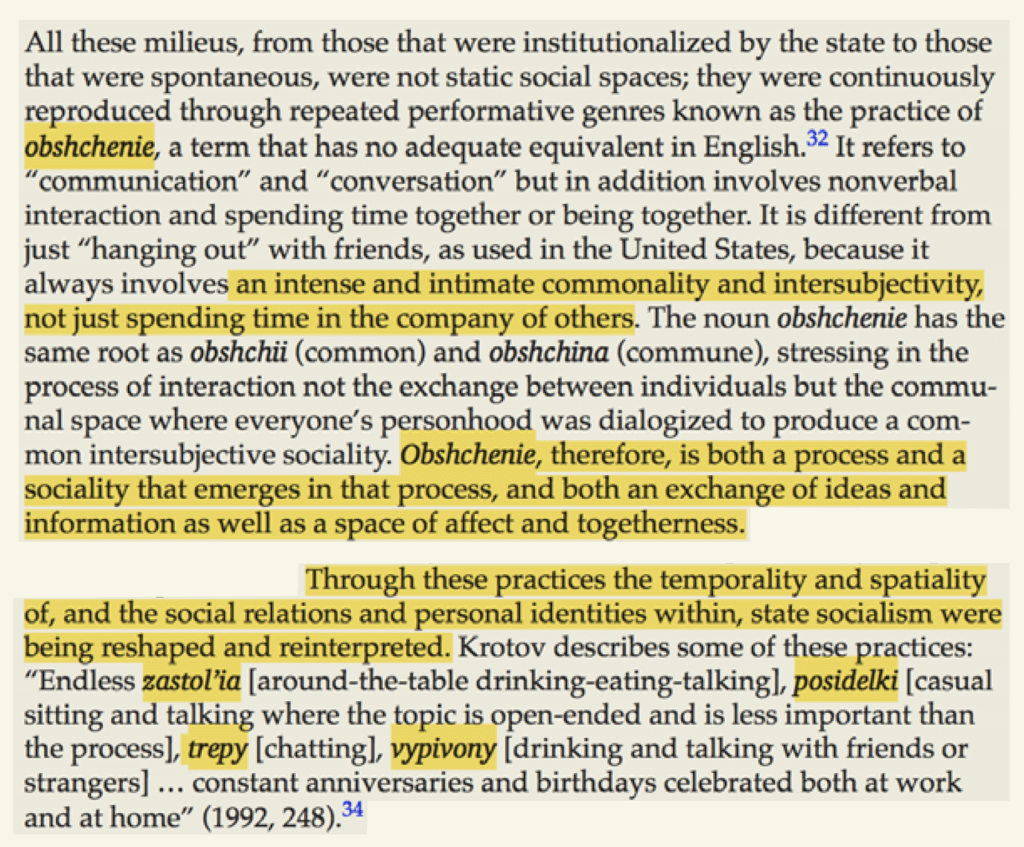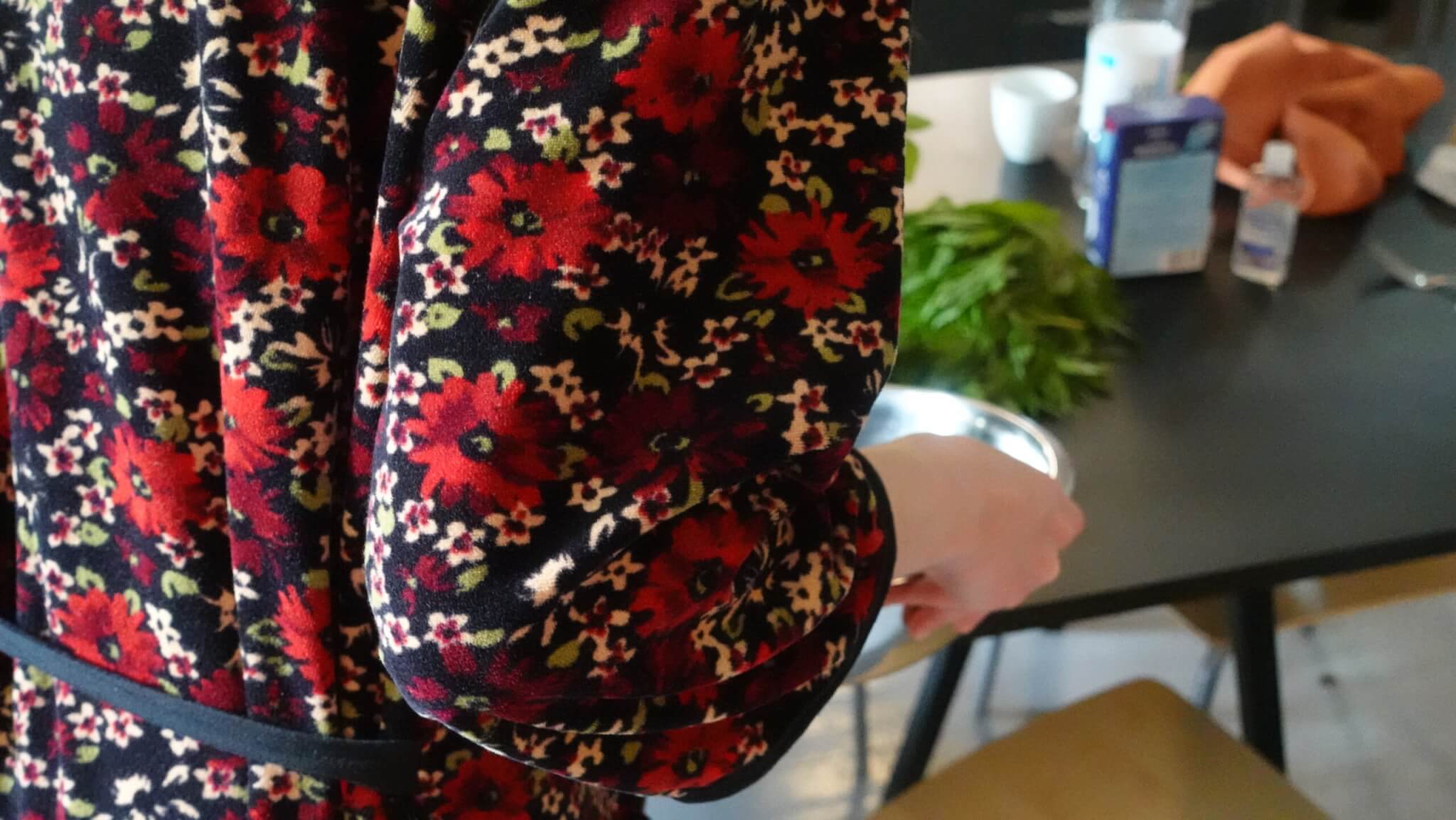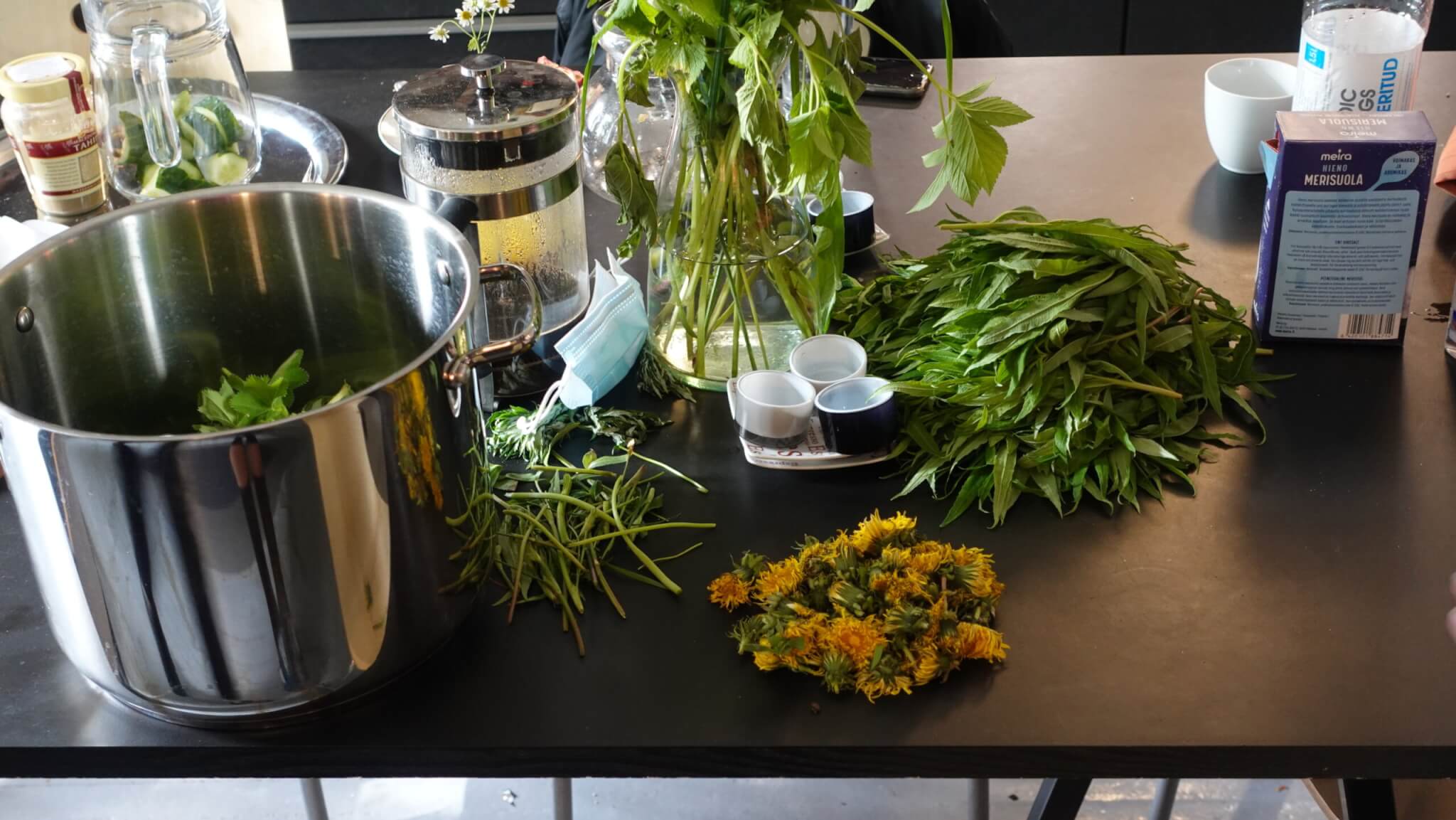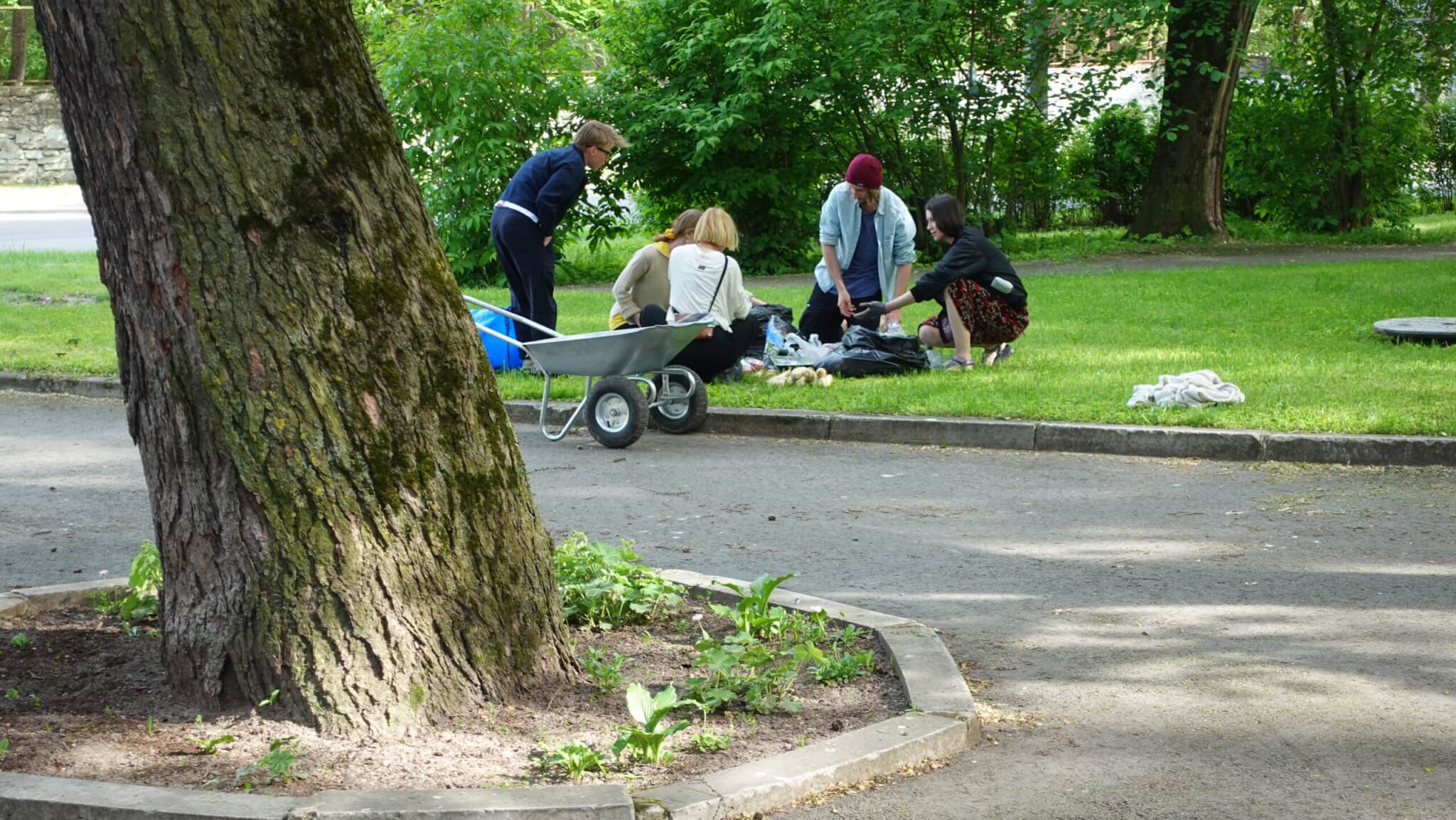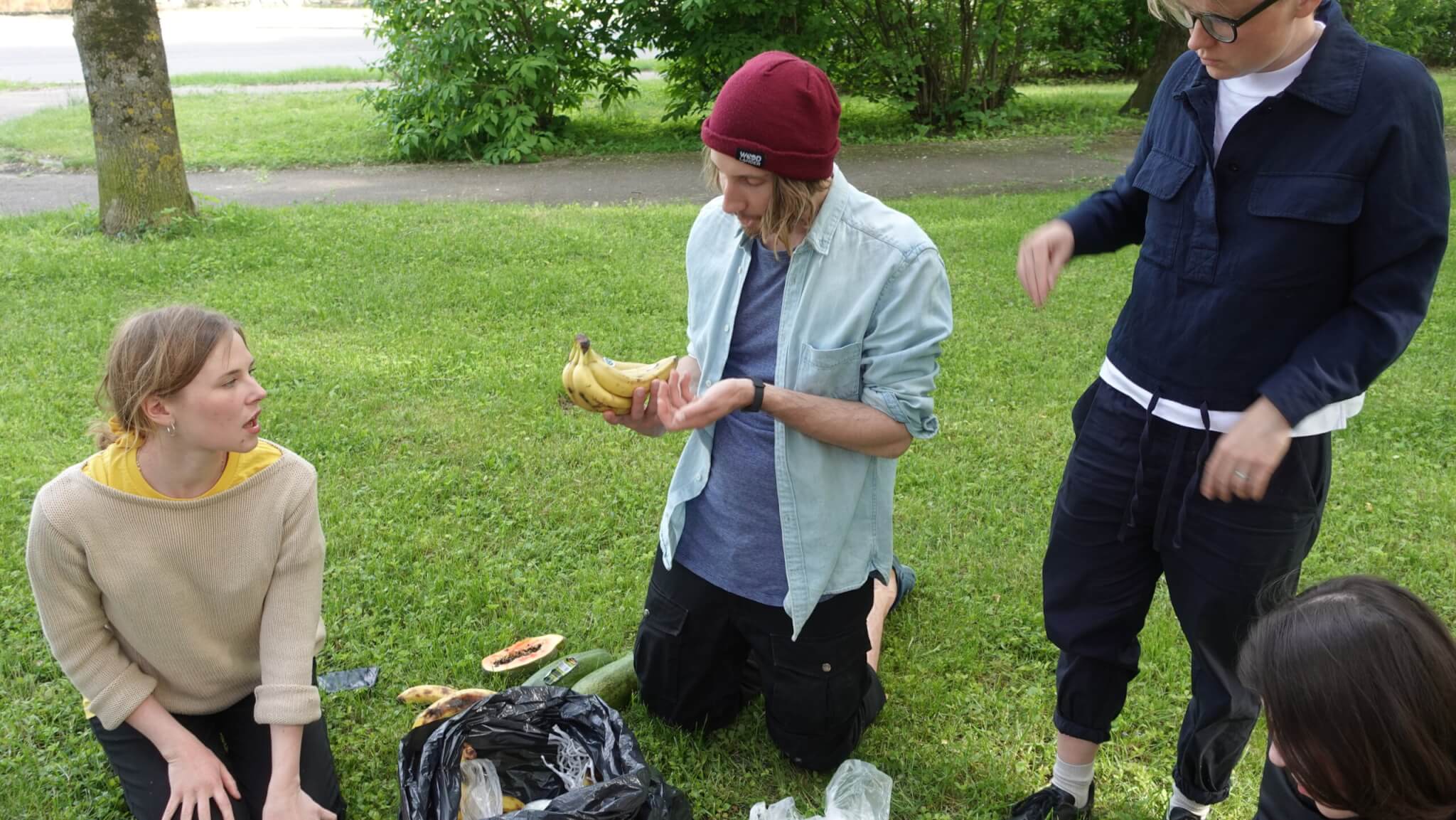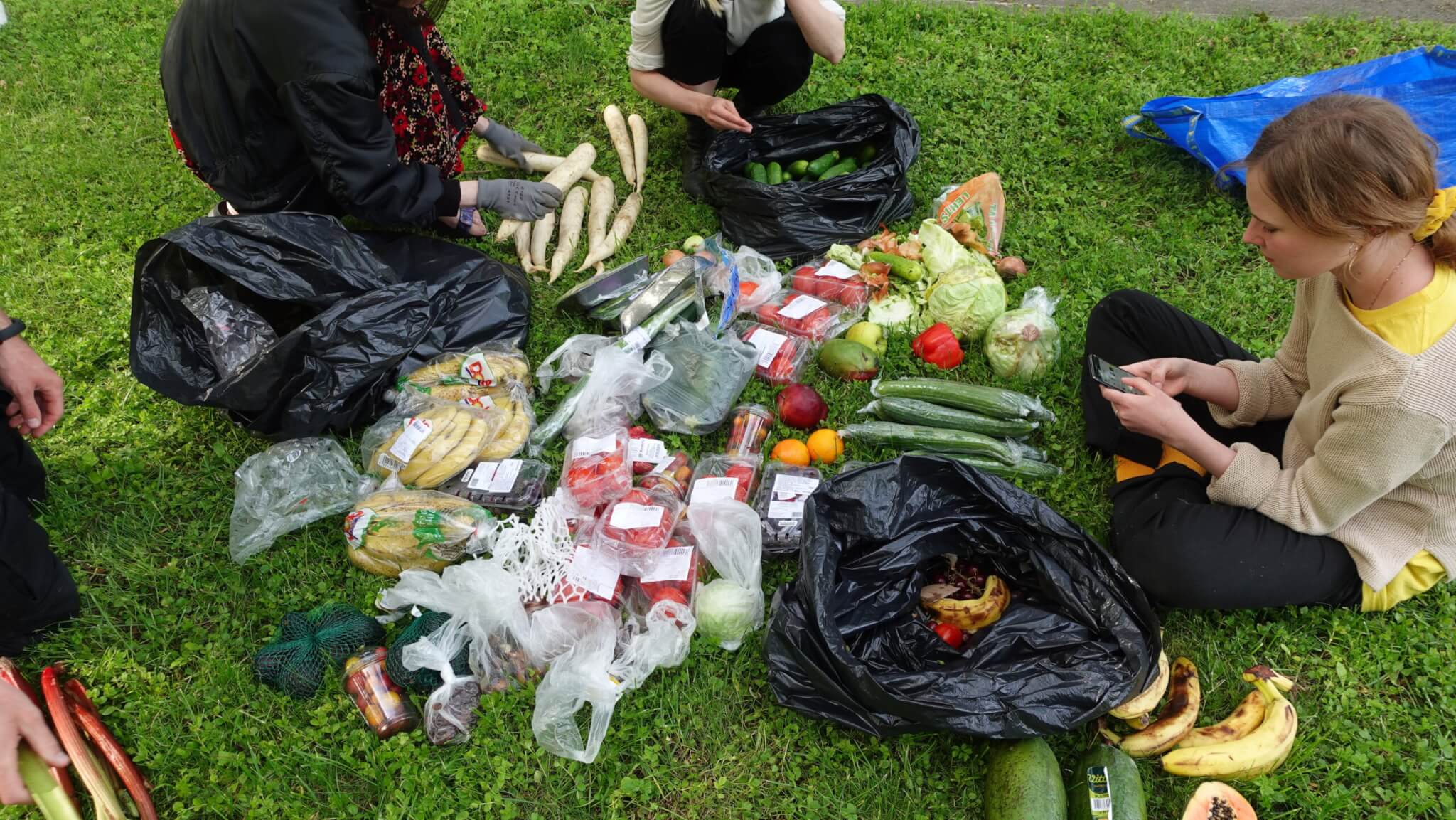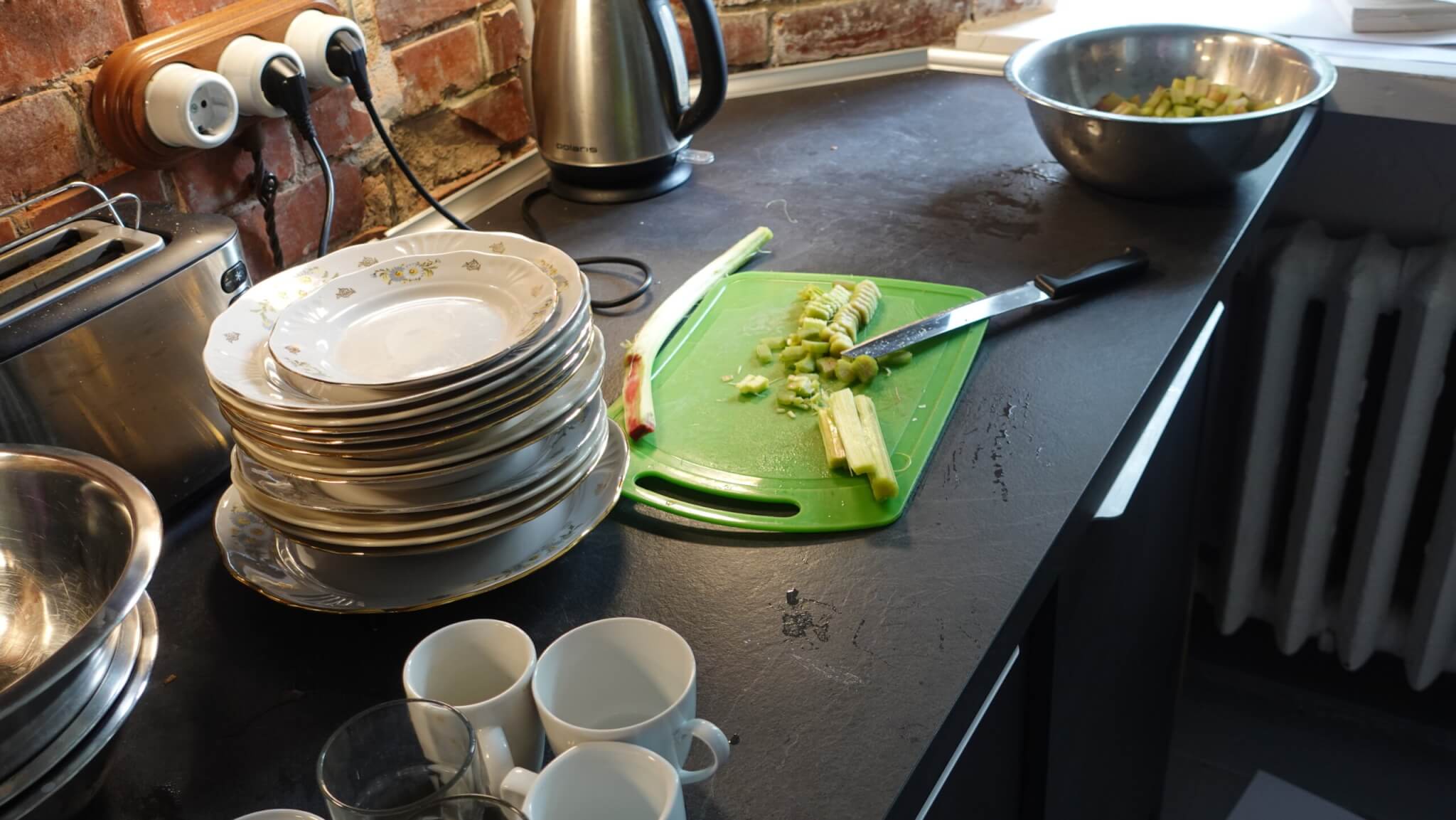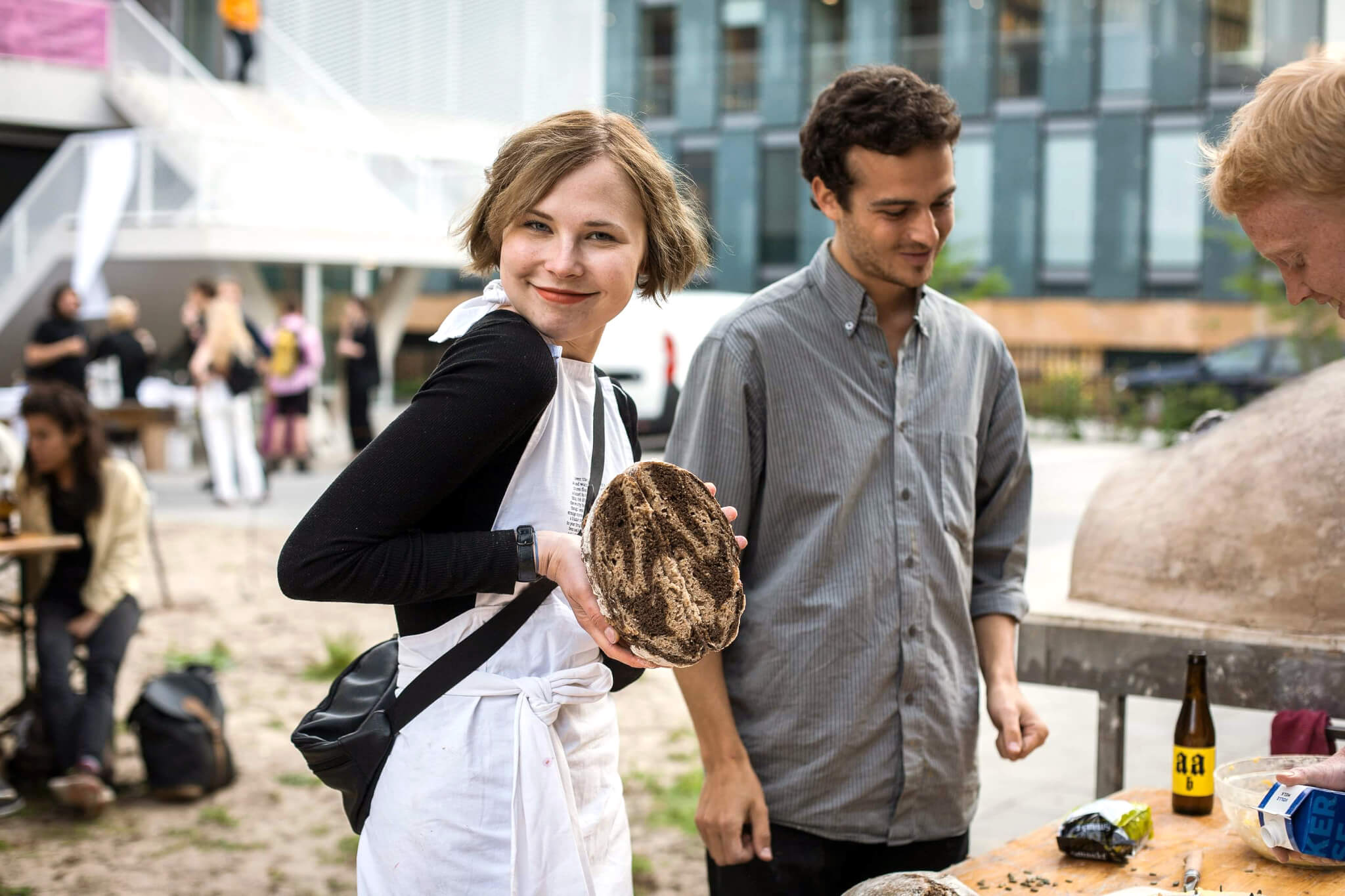Spring School 2021
→ Весенняя Школа 2021
→ Kevadkool 2021
→ Kevätkoulu 2021
Trollperception in the Heartlands
In 2021, MYCKET embarked on a three year artistic research project called Trollperception in the Heartlands. In Trollperception in the Heartlands, we turn to folktales and legends to reconnect to that time when people in our regions lived closer to, and were more subordinated to nature. Trollperception in the Heartlands is a transdisciplinary design project emerging out of our own heartlands in southern rural Sweden, expanding the formal field used to generate sustainable future scenarios through site-specific crafting and crafting video animations informed by folktales and mythology. During our workshop with the Narva Spring School MYCKET invited the workshop participants to delve into trolls, spirits, and animism together with us, joining the pack, and craft together, while simultaneously mediating and sharing these artworks through filmed animations – investigating what new and unforeseen knowledge can be derived from the process itself. The aim was to explore troll perception through artistic research, and to create and share viable ways of designing and living for the future. Returning people to a dialogue with Earth and its fellow creatures.
Charming Perspectives
During the Spring School 2021 presentations the participants of the Trollperception in the Heartlands workshop presented some of the <<charms>> they worked with during the week. The group also made an exhibition of the <<charms>> to the (Re)configuring Territories instagram feed.
Spring School Mentors
→ Весенняя Школа
→ Kevadkool
→ Kevätkoulun mentorit
(Re)configuring Territories Talks
→ Доклады на (Пере)осмыслении территорий
→ (Re)configuring Territories vestlusring
→ (Re)configuring Territories -keskustelut
